Drone
Someone says drone and I see the cell phone it tracks, see the hand holding the cell phone
Being tracked by the drone, see the arm connected to the hand holding the cell phone
Being tracked by the drone, see the shoulder manoeuvring the arm connected to the hand
Holding the cell phone being tracked by the drone, see the person attached to the shoulder
Manoeuvring the arm connected to the hand holding the cell phone being tracked by the drone,
See the people attached to the person holding the cell phone, attached by proximity,
By love, perhaps, respect, maybe duty, and the person I see is unseen to the drone and unseen
By the drone, is not seen even by the cell phone held by the unseen, who does not see himself
As the unseen while being tracked by the drone, seeing only the length of his arm and the hand
attached to the arm holding the cell phone being tracked by the unseen drone.
Someone says drone and I see the hand that pushes the button – or flips the switch, maybe –
See the arm connected to the hand that pushes the button – or flips the switch, maybe –
See the shoulder manoeuvring the arm connected to the hand that pushes the button –
Or flips the switch, maybe – see the person attached to the shoulder manoeuvring the arm
Connected to the hand that pushes the button – or flips the switch, maybe – of the drone.
And the person I see is unseen to the drone and unseen by the drone, is not seen
Even by the button or the switch held by the unseen, who does not see himself as unseen.
Someone says drone and I see two hands gripping their devices in the grip of each other
Each hand convinced that it’s the hand that holds the truth.
Michael Lee Phillips
Four Egrets
Four white egrets perch on four baby citrus trees
at the four corners of the world and you wouldn’t
see this if you were not told to look. Their black
eyes stare at the drying canal and stave hunger
for snail and frog and minnow because those remains
are not more than sinew or bone in cracking mud.
The two llamas and two horses in the chain-linked
front yard, the one tree in that yard that has been
stripped of bark and leaves, the four of them eating
hay that has been spread across cement – you would
not share their thirst at the moment you hope
for rain to fall on your dusty truck because you see
them everyday and their backs are not your dusty
truck. You wouldn’t see the barn buried under piles
of hardwood vine stakes or wonder what is inside
the barn in the no-light – you would not, before
it’s gone. And what about the distribution of bee
corpses from your windshield into fine dust under
the few wilted melons near goathead thorns? The hard
and tiny horns may stick to your boot and you must
shake them loose after stepping back into the truck
after taking a picture of the patch of weeds near sun-
bleached powder that streams across the upward face
of the asphaltic chipseal – and further out, you may
see the glint of shimmering mylar balloons that
have released their helium and have set themselves
softly down, like dropped testicles, displaying bright
round words that announce happy birthday or over
the hill and you would not remember what day
it was when you decided to try to be someone else
between shifts, between each appearance of your-
self embedded in the structures of everything but you.
Ronald Dzerigian
The Snow Lies Deep
the low fish
the late violin
the dreaming wolf
the mistletoe
the firefly
the favoured child
the favourite child
the deepwater fish
the comet fly-by
the tuned violin
the missed toes
the dreaming wolf
a dream of wolves
afraid child
missing fingers & toes
poison blowfish
clown’s violin
swarming fireflies
warning fire lights
screaming wolves
lowly violinist
flailing child
dreaming deep fish
kissing mistletoe
kissing missed you
firefly alights
deep sea fish flight
howling wolf rites
dreaming low child
flighty violin bow
low note violin
falling mistletoe
sleeping snowchild
darkened firefly
woken old wolf
cloud of flying fish
fireflies light the child’s way through the town
benthic fish gulp mistletoe berries down
last known wolf tracks violin-playing clown
and the snow lies deep all around, all around.
Jen Saunders
Laika
I’d spent the morning on the coast
where I’d gone to be away from you
and by extension, myself, the tabula rasa
of the sky interrupted by ravens
that had made of themselves a raised
felt collage in the shade. A kite surfer
was belting through the swell, too far
from shore for me to read the maker’s
name on the sail, but close enough
to see the line she was leaving in dark
green shelving like a fast download bar.
I climbed a headland to see where
I’d been, yet all but one compass point
seemed defined by the decisions
we’d made together, and even that
was swinging between hard south,
where we’d met, and our last night –
a nor’wester blowing itself out
like a trial separation. I walked to lose
the sound of us having another shot,
giving it our best. Cutting through
littoral scrub, bearded dragons,
like offcuts of distressed leather,
stared from lantana and twisted trees
the wind had cut back and down.
I crossed a road where luminous cable
was being unspooled, rolled out,
the national broadband like a cannula,
force-fed to the collective interface.
I went off the track, unpicking myself
from honey locust thorns. In a clearing
I lay down to watch husks of old blood
vessels bubble-chain across the sky.
You were out of range and reach,
like the retreating tag-end on a length
of rope at the stern of a listing lifeboat
taking on water. When I said your name,
a treecreeper quipped that distance
and wistfulness are all we need,
when healing. Starting back, with dusk
on the make and bits of moon
like stopgap animation through leaves,
I found a tin crate, broken at the welds
by impact. Inside, surrounded by glass,
the skeleton of a dog. I thought
of our kelpie from Working Dog Rescue,
her love of balls, her going back
and around a gull flock she’d follow
down the beach. She was killed
when a jet ski doubled back on its wake
as she was closing in on a stick.
I knelt beside the crate. I considered
the flight of Laika, the astronaut dog,
shuttled into obituary. A scattering
of bones and glass in a beaten tin box
as if she’d been satellite-tagged
and released, already deceased, to burn out
on re-entry and go to ground in the bush.
It was raining as I reached the road,
the lights of houses being turned off
and on by windy trees. I found the beach
gone under foam to the tideline.
It was there we had talked about how
to read the ocean, to find the direction
of a rip in a gutter. You said panic kills
more people than limited swimming skills.
I stripped and stood in the shore break
between the over and the underworld,
the afterwards and the as it was, listening
to the slurred pillow talk of the tide.
Your face appeared, your features
like a steady fall in barometric pressure,
like memory loss where the hard drive
of the sea crashes in to be erased.
Anthony Lawrence
and it is what it is
Chapter 1
You are given fingers before a mouth. Your ears are the last to form.
What comes next becomes what I am most afraid of –
I wonder where that wilderness in you was born.
Yesterday, they called me on the landline,
asked for my date of birth and nationality;
fourteen, zero six, thirty nine, China.
Nobody tells you to keep your hands
tied behind your back and they need to stay behind your back
they need to stay, they really need to stay.
Chapter 2
I want to cut something, I need,
I need the certainty of a clear division.
A binary, a slip, a something to keep my hands behind my back.
You write long letters about the man in there
who springs overnight.
There is nothing I can do, I swear it, there is nothing I can do.
They told me to tell you not to fight it
when it comes because when it comes it will rupture your
vocal cords, you will bend your knees.
I keep photos of us to compensate for your memory loss
though now when I hold them, they feel like slices of seconds from
someone else’s life, a life I push outside of myself, a life I have no care for.
Chapter 3
I told you so, I said that none of this would matter,
the clocks on your face would lend itself to surrender
and in the end it will all feel like a dream, a deep sleep dream.
I wake to find markings on my forearms, markings
raised like welts and I wonder whether it came from the
thrashing in your sleep or if I had lived some other life, become some other person
when consciousness slipped away, ashamed by its own watchman.
They told me to tell you to close your eyes
turn the self-immured blindness into a sea
imagine the arms of her insidious pull weave its web of comforting tunes.
You will feel less if you let it run through you
let the synapses burn through your wild river, and I will
start to tell you, to
neglect the parsimonious man in you.
Chapter 4
You take years to settle onto the ocean floor,
spread your skin like particles of dust,
entering the chain of subsistence they call
evolution, though I knew for one moment.
They cannot hide you behind their panoply
crust, gammon, imperviousness,
all at once it seemed impossible
But again the seismic undergrowth of something
I cannot see, something like a light I cannot extinguish.
You put words into my mouth now.
Stop.
You need to stop putting words into my mouth.
Jessie Tu
Sentence to Lilacs
‘And that great black hole where a moon ago I wanted to drown
It is there I will now fish.’
- Aimé Césaire
Europe, stolen schoolgirl, she
radishes on the fresh
water creek
snow on wheat ... I mean
no, don’t help me ... no, don’t help ...
I have that lisp.
So I pitched my tent in the hotel lobby
chiselling pegs into tiles until they burst
like chalk under a hammer, wanting to sleep
though no one taught me how
Her stutter
Her personal pronoun we
Her stutter
And she leaves me
To the imagination
Stuttering a way of stressing
Her point
We’re not history’s country.
I was driving among the mangroves
in the photo. I was zipped-up, galoshes
on pushing through swamp to watch
the bird-watchers in the photo. I was
watching them watch the distant marsh
terns and dusky-moor hens. In the photo
cockatoos scream as if the sky itself has split
from joy, though it’s hard to tell from the
When I wake on tiles the sky
I remember taking interest in
like a tourist
the sky
being gone soon anyway
When I wake on tiles and clouds
in long procession
like battles
no one cares
When I wake on tiles reading War and
War is, you might say, unknown to us
our humanity never
questioned
To us the sky’s the question
that can beg all it wants
and Peace, that bit when
I’m not racist but the sky
and Prince Andrey
Waking on tiles
on a killingfield
seeing only the sky.
Its infinite
I can’t believe you’ve never heard of
I was driving through country-towns photos
of closed-down milk-bar convenience stores
hung on the bare walls of a private gallery
driving, slowing, at the boomgates a dog
tethered to a stump, unbegrudging
another day I’d sleep at the wheel
though no one taught me how another day
I’d drive through country towns just
to watch the cowpats basking in the sun
knowing I still own the word
deciduous.
Others might use it but they
don’t know how to pronounce
the silence.
Louis Klee
pH
14 Sodium Hydroxide Washed out:
the unbalanced washing machine
jitters and grinds across the laundry
choking on business shirts.
13 Bleach Someone has poured bleach
over the evening.
We can’t stand ourselves.
We raw and rub
and exsanguinate into silence.
12 Ammonia A rainbowed slip of chemicals
wrinkles and cakes in an onshore breeze
against the east side of the island.
They will trace it to a container ship
bound for Singapore.
11 Charcoal She left the church early this morning,
blinking and red-eyed.
It’s too soon for Amazing Grace.
That song rolled into the furnace with a coffin.
10 Soap Only losers are prosecuted for war crimes.
The foreign correspondent footnotes
chemicals blistering in a child’s eyes, and
barrel bombs germinating in Syria.
Skin doesn’t remain neutral.
9 Baking Soda Breathing through the balloon of their skin,
the Corroboree Frog
stops calling in Kosciuszko.
Stained by a fungus dust,
their skin skews and barks and peels.
8 Sea Water Human interest story: scientists weep
a solution of sodium and potassium
but can’t save them.
There is something out of balance.
7 Blood Water should be neutral,
but all day we ferried test tubes
and paper tapers bearing tell-tale colour.
The tank smears with algae.
Even the hardy, brutal goldfish
would gulp and bloat in it.
6 Milk The suncream doesn’t last.
15 Overs under the pinched membrane
of ozone that pales the sky
and we are painting ourselves again.
Itching all weekend,
the boys blister in missed lozenges of skin.
5 Black Coffee She has lost all her friends,
strained off by marriage,
tired out by children
and the local café is precious to her.
We perch studiously on the stools
sip our coffees and talk to the owner.
4 Orange Juice This is a good year for mosquitos,
burned out by the government’s careful
carpet bombing of estuaries.
We can sit on the deck into the evening
and drink a haze of bitter wine.
Something in the strafing chemicals attacks bees.
Next year will be bad for crops.
3 Coke In the machinery of God
100 billion people have lived and died.
The experiment must be nearly done.
2 Vinegar Most days the river runs white
downstream from the mine.
The bunds have leaked for years,
the seepage pits are full.
It’s a fragile balance when
the island’s economy depends upon that silver.
The earth eats itself.
1 Battery Acid We rarely kiss
and even less on the lips.
My lips are an acid etch.
She leaves at different hours
and numbs her way to work.
There is something out of balance.
Damen O'Brien


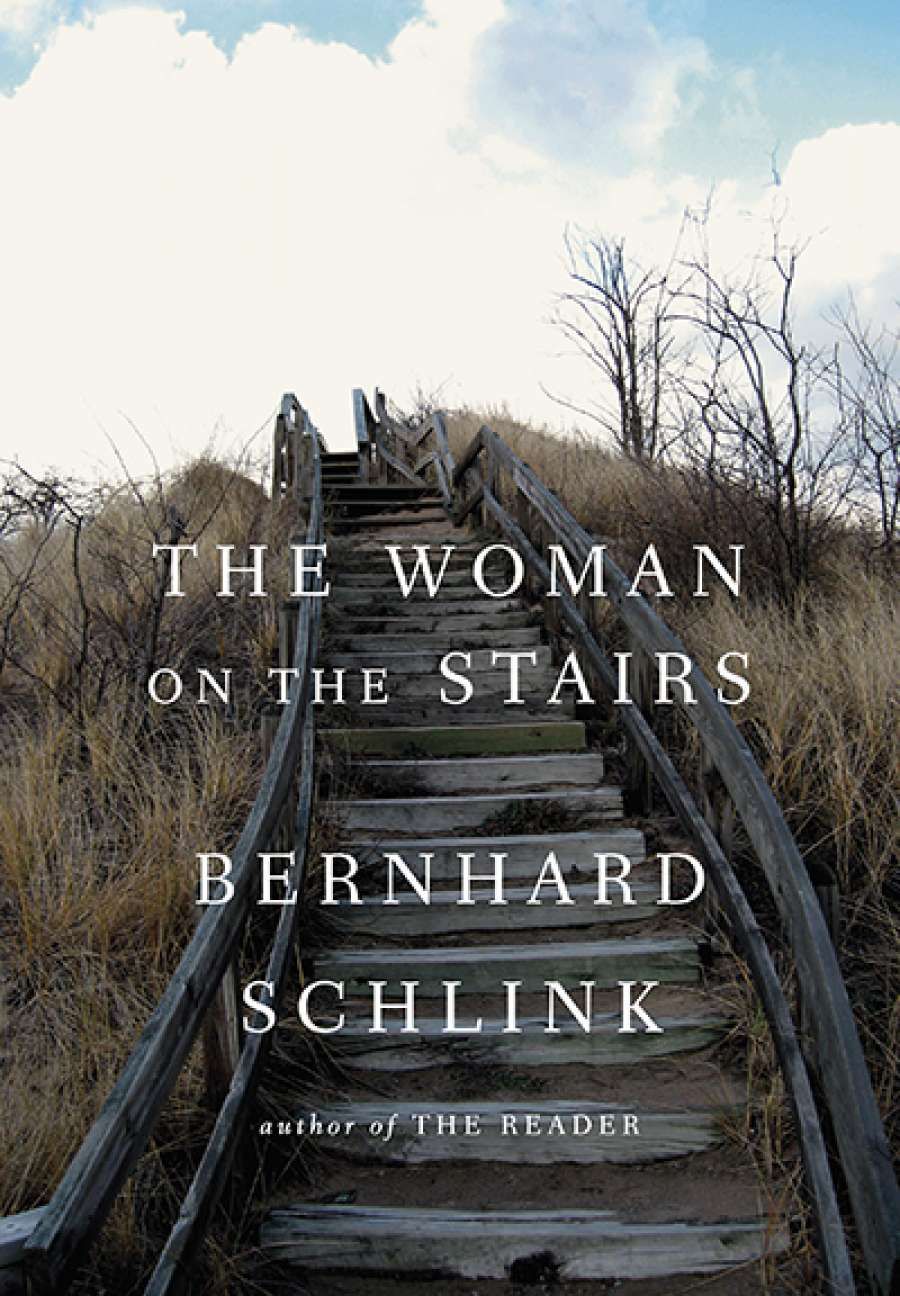
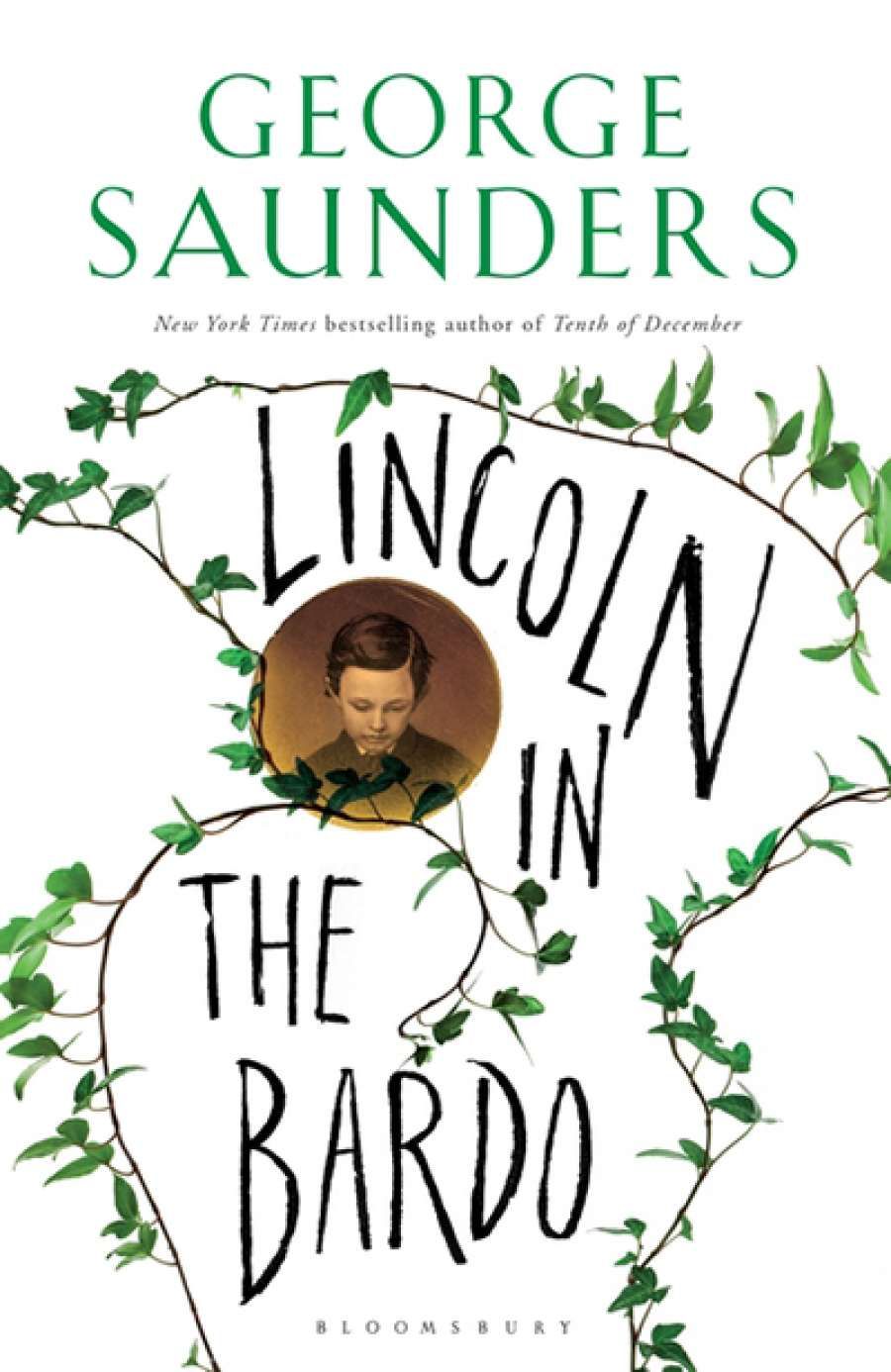
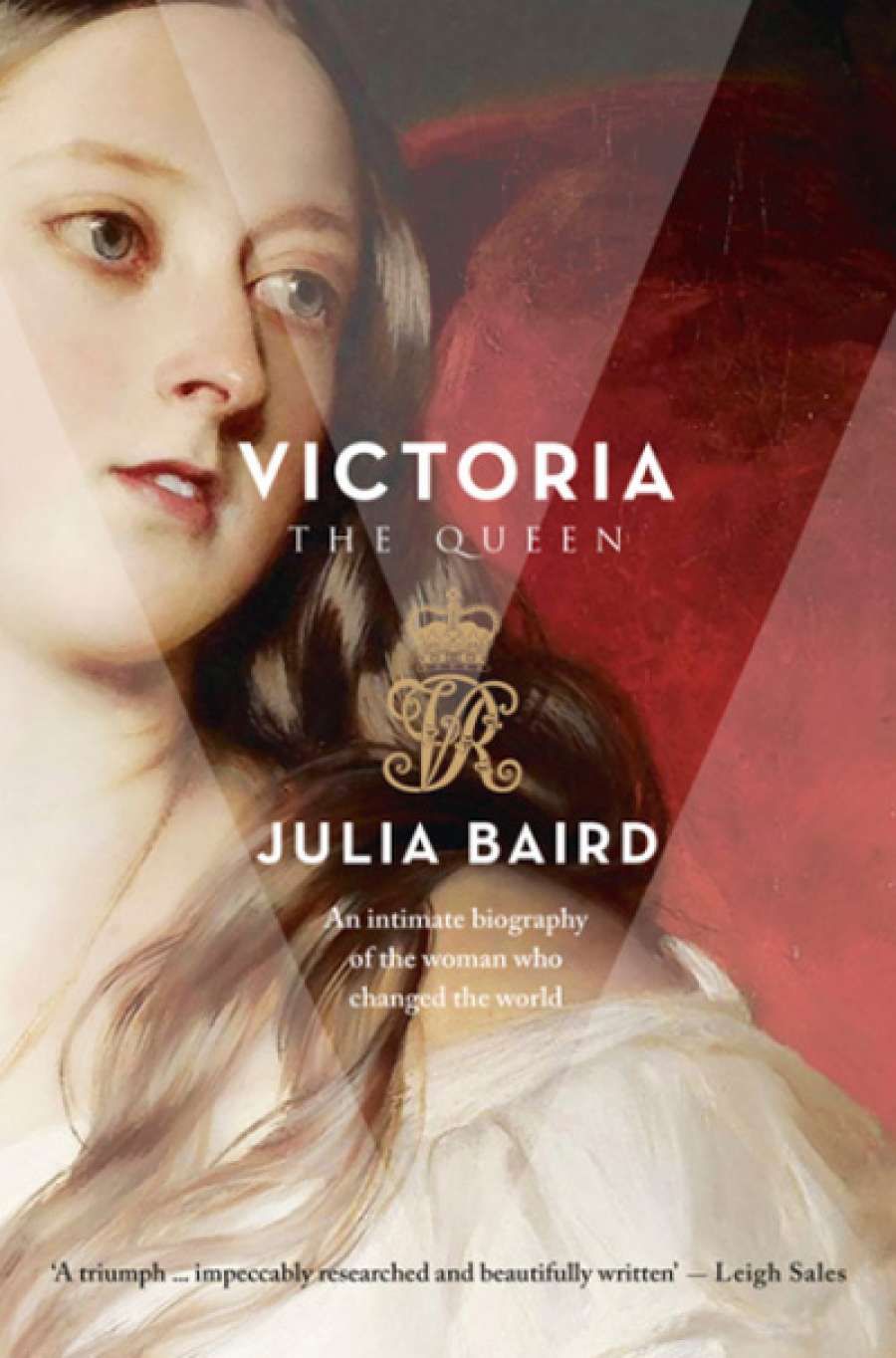
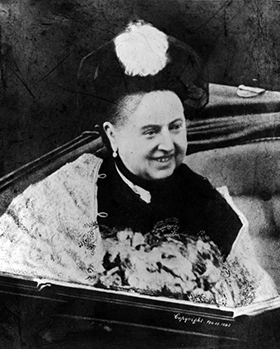
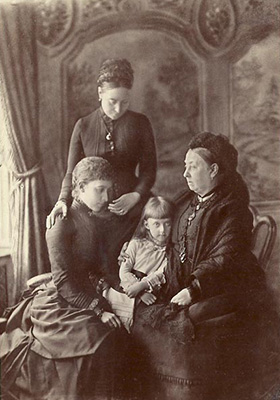
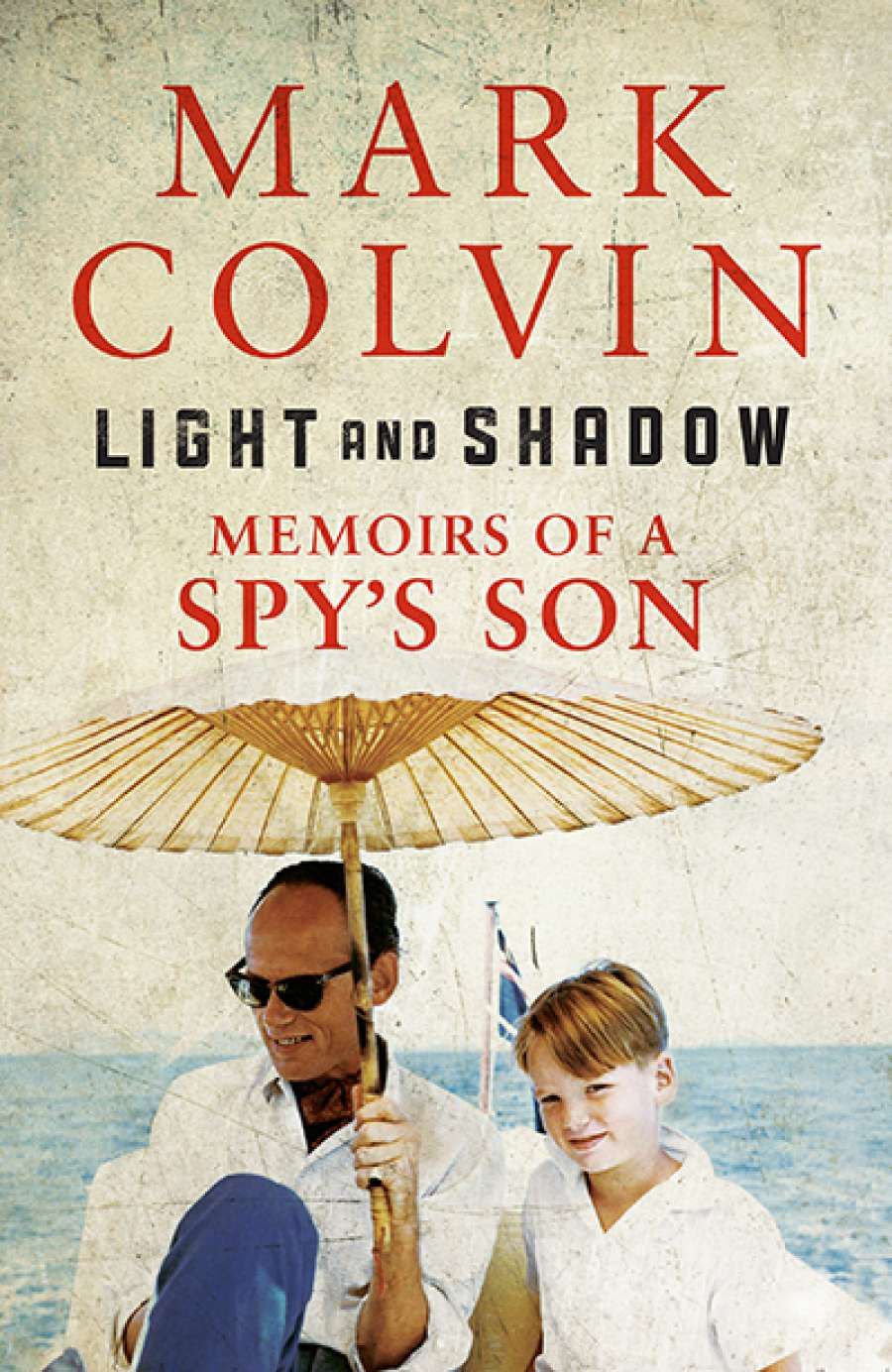
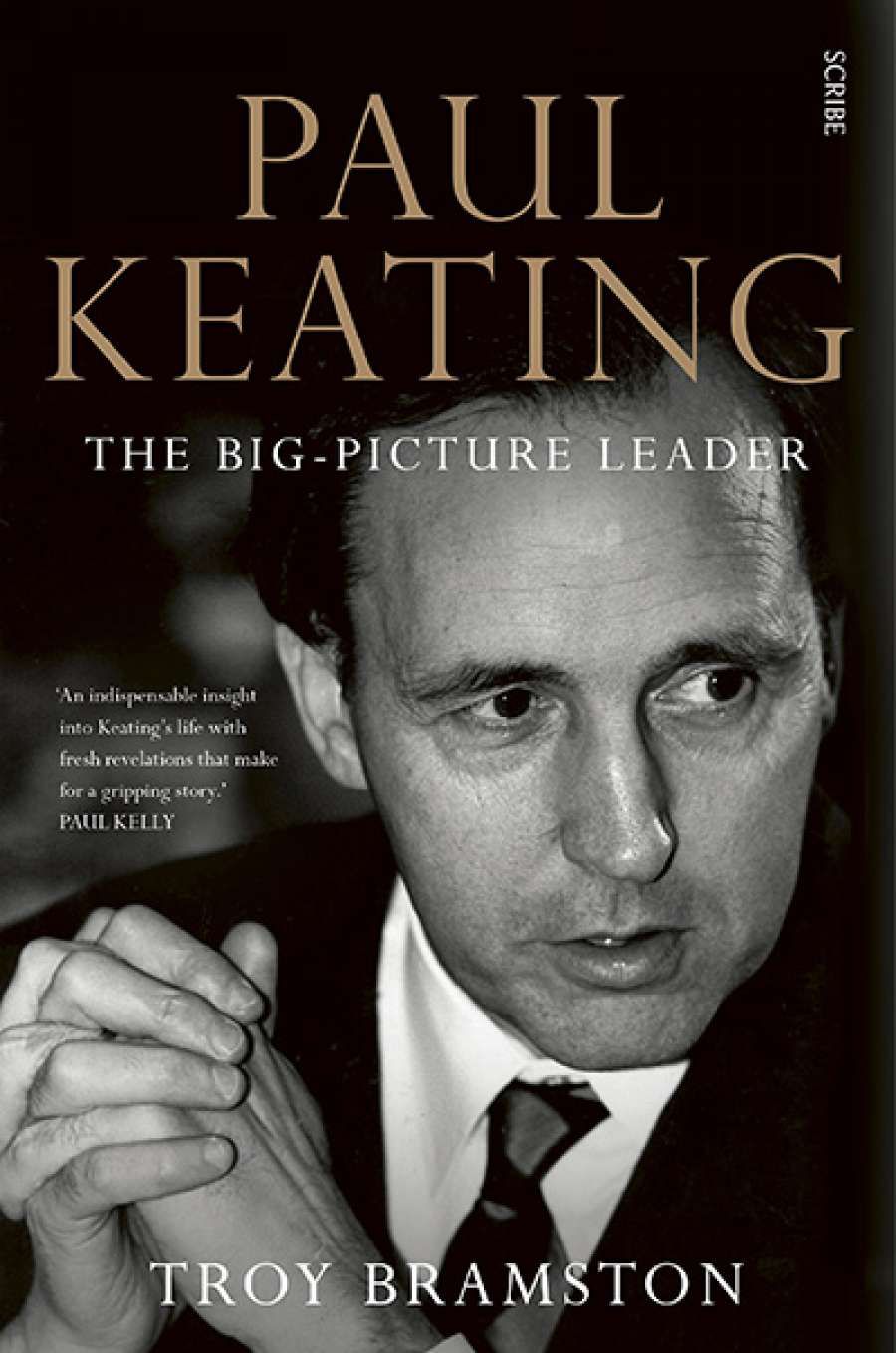
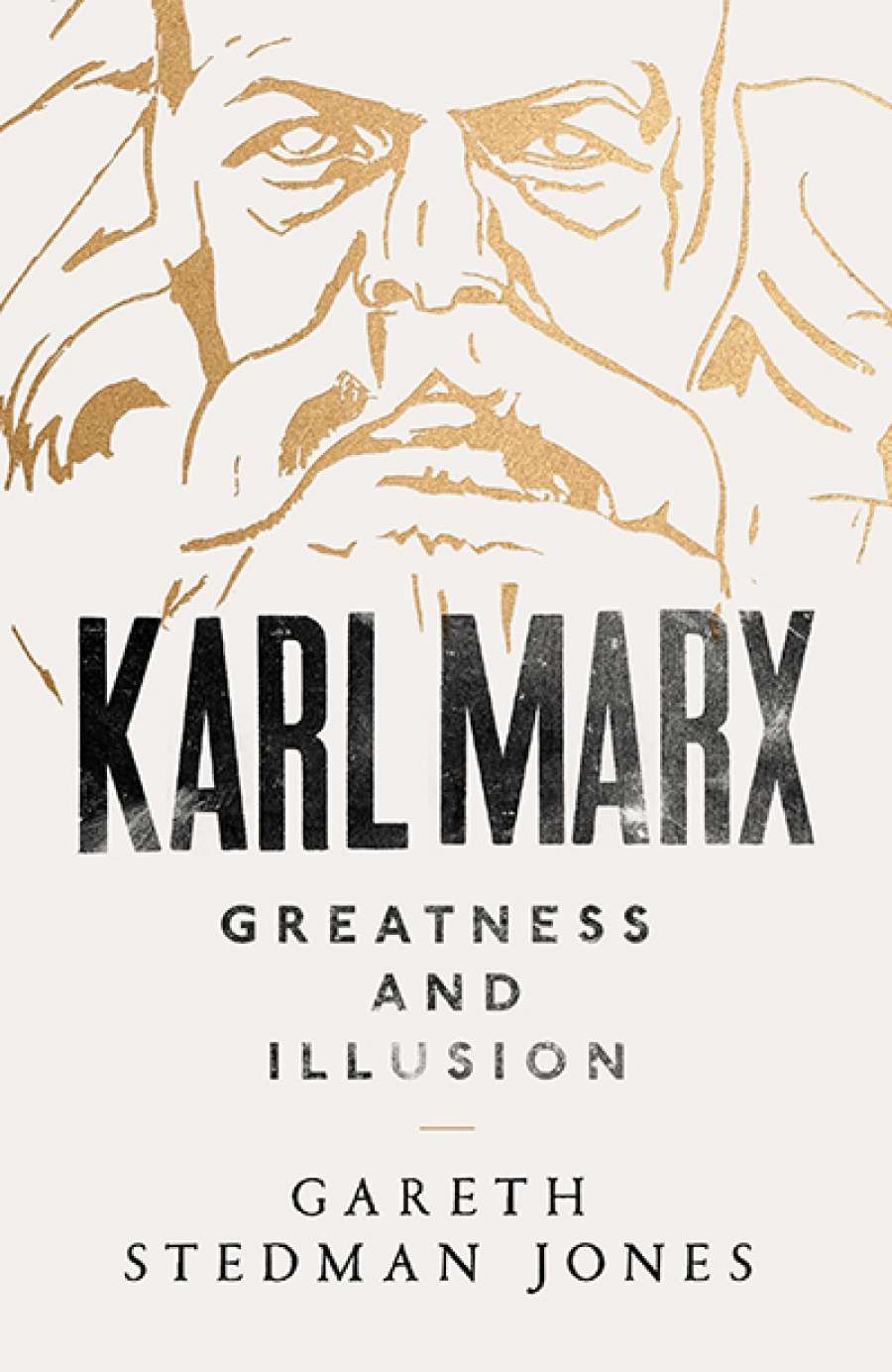
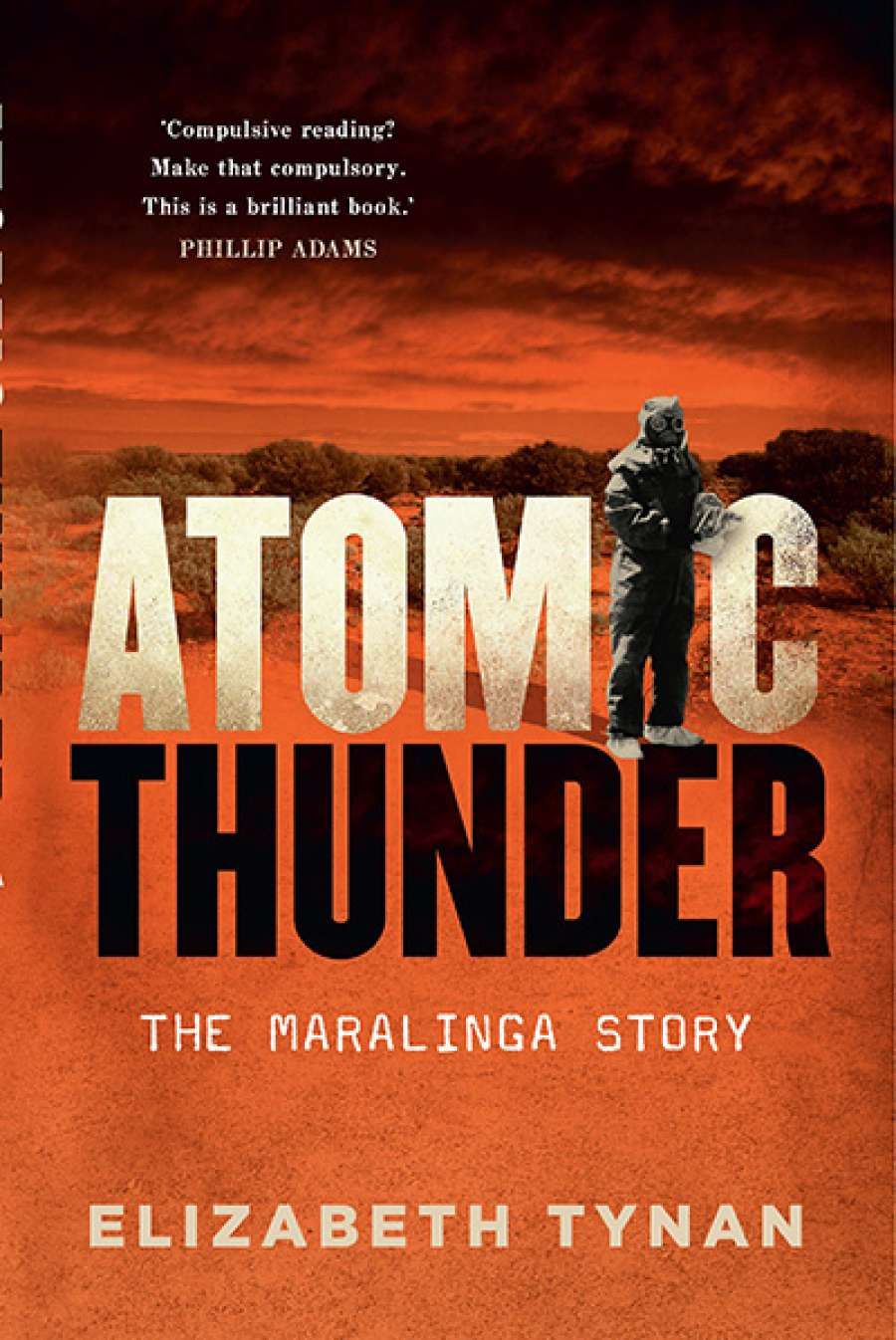
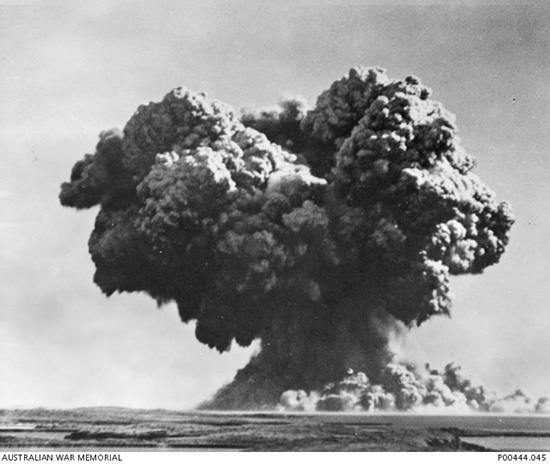
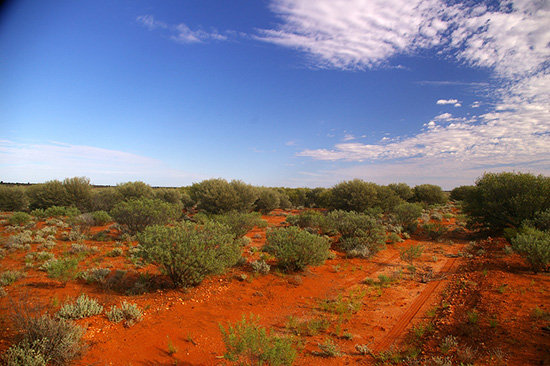
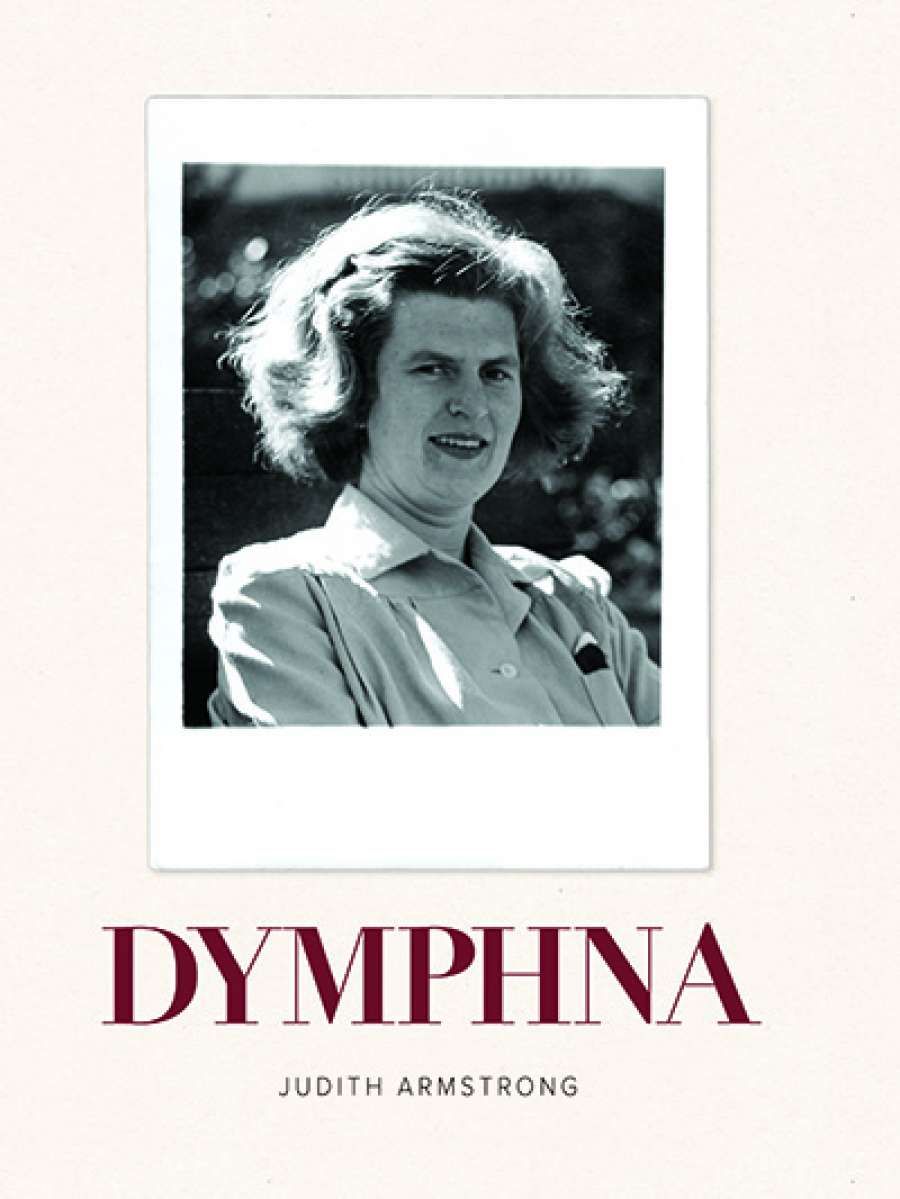
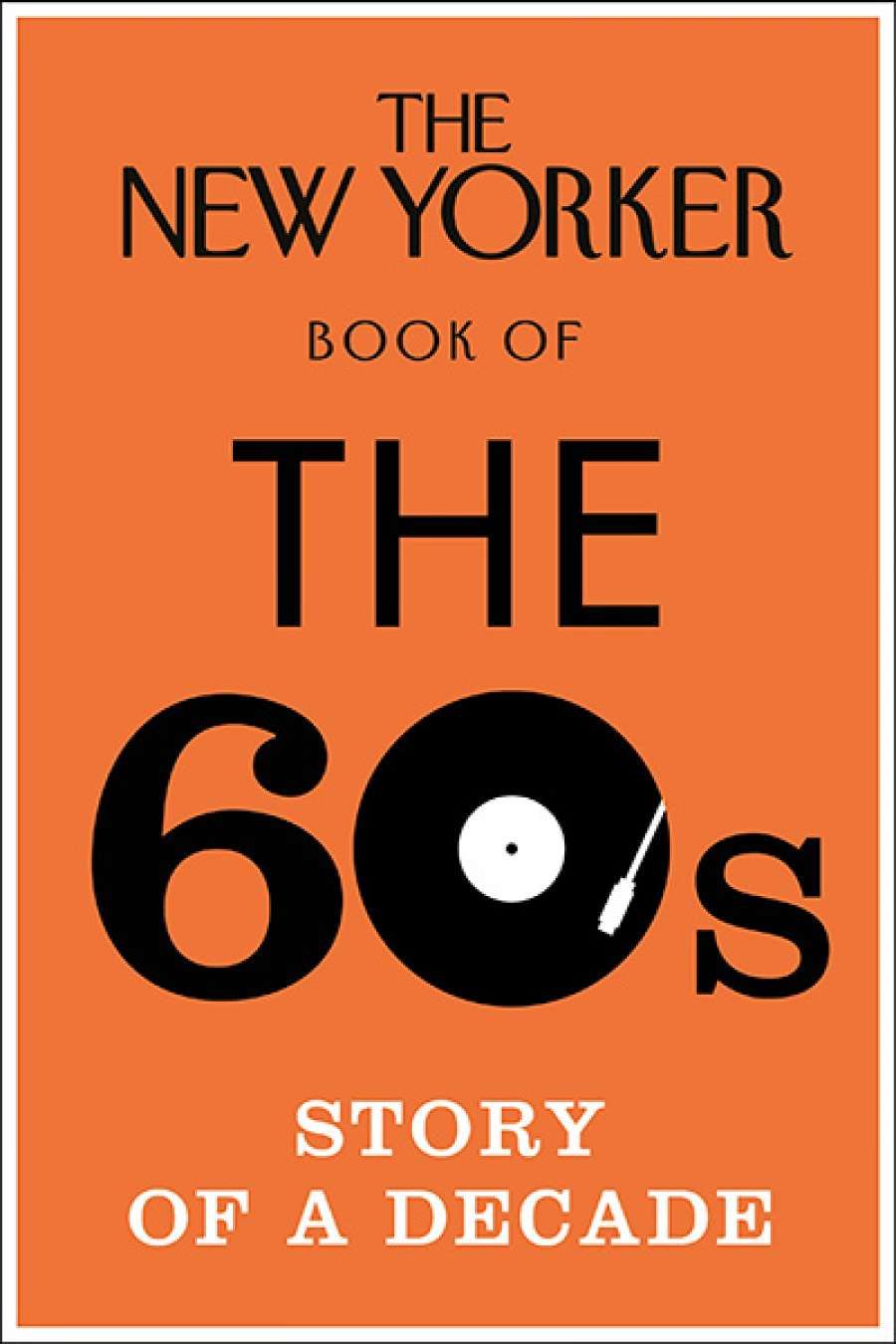
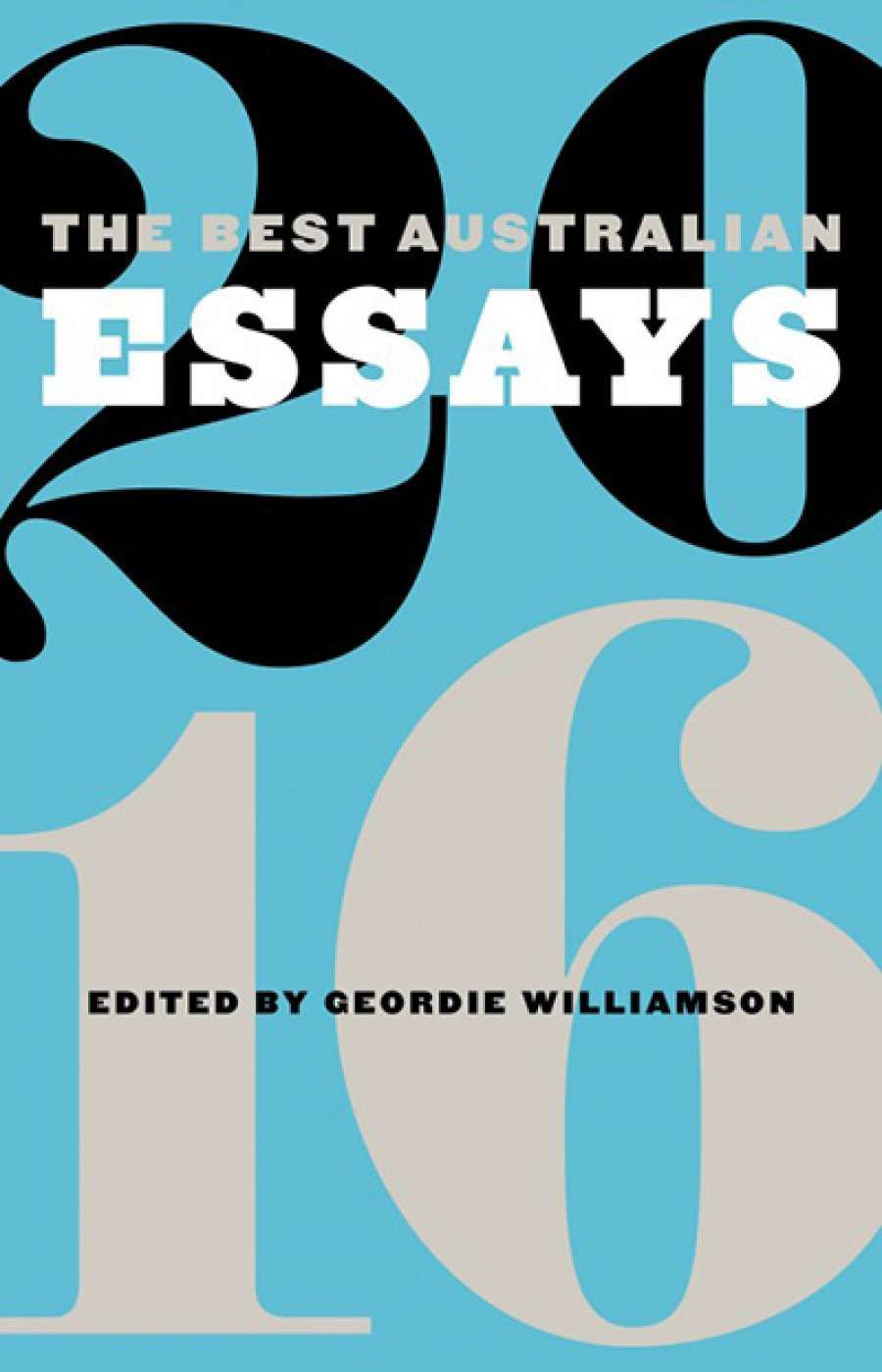
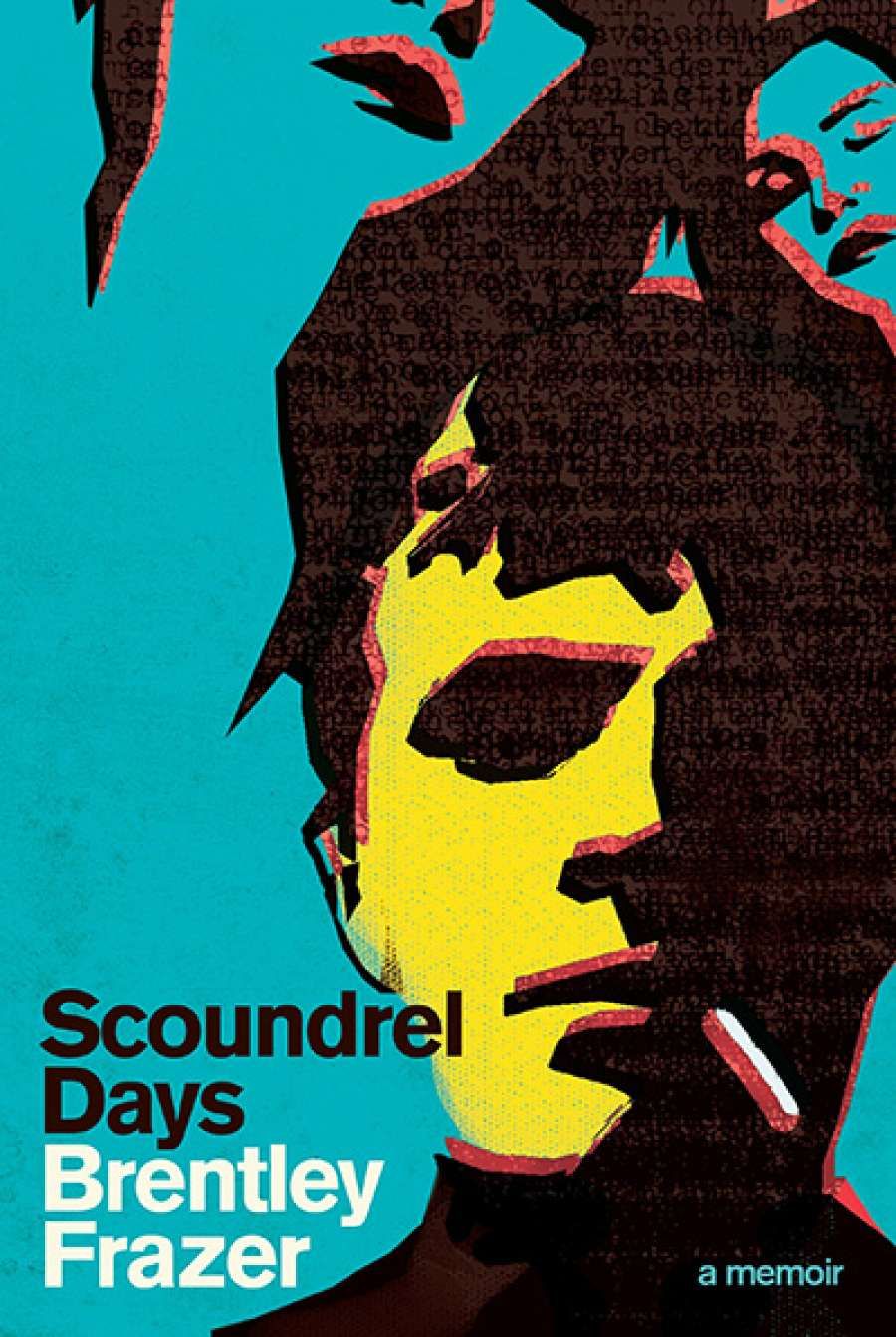
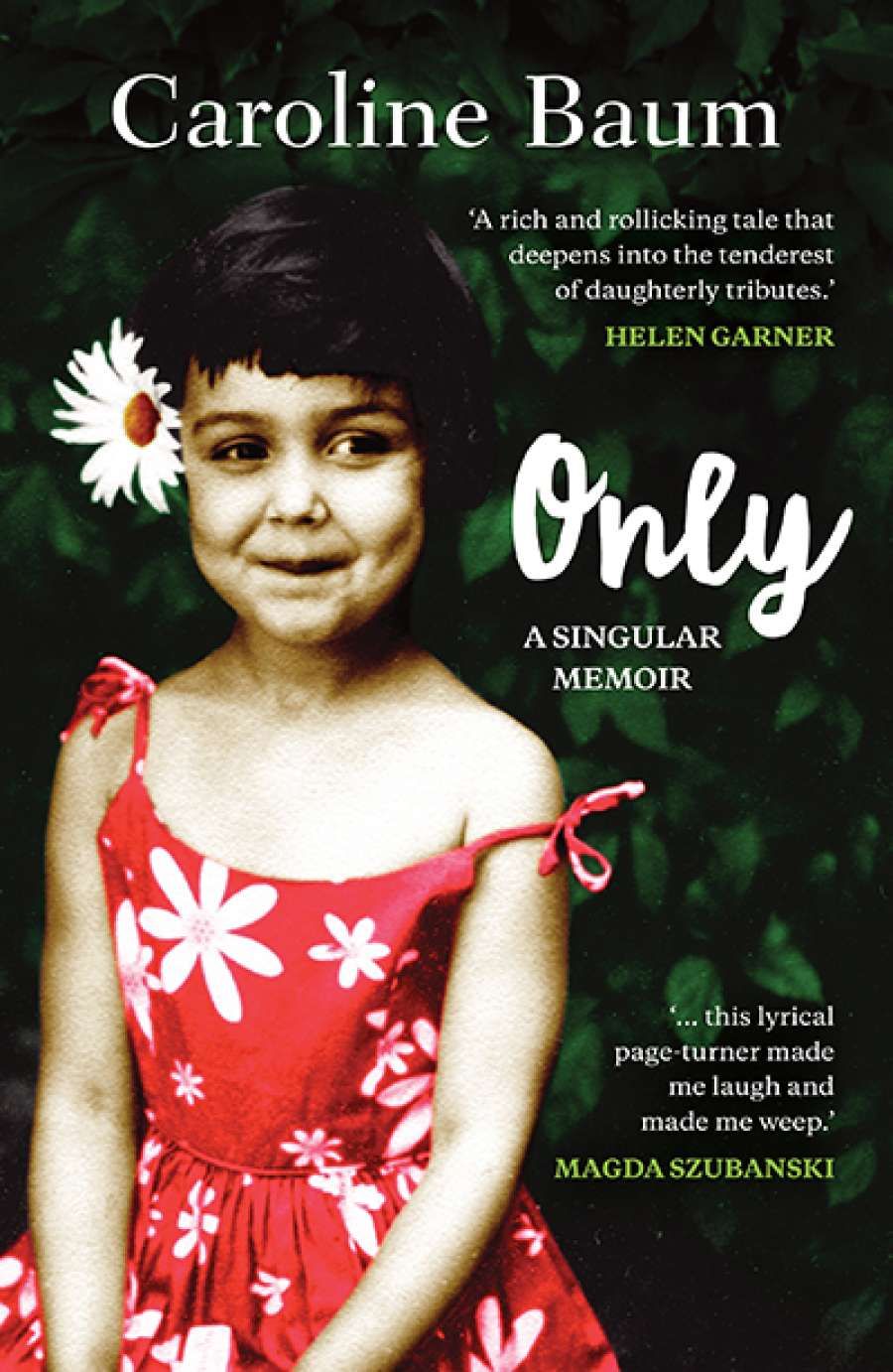
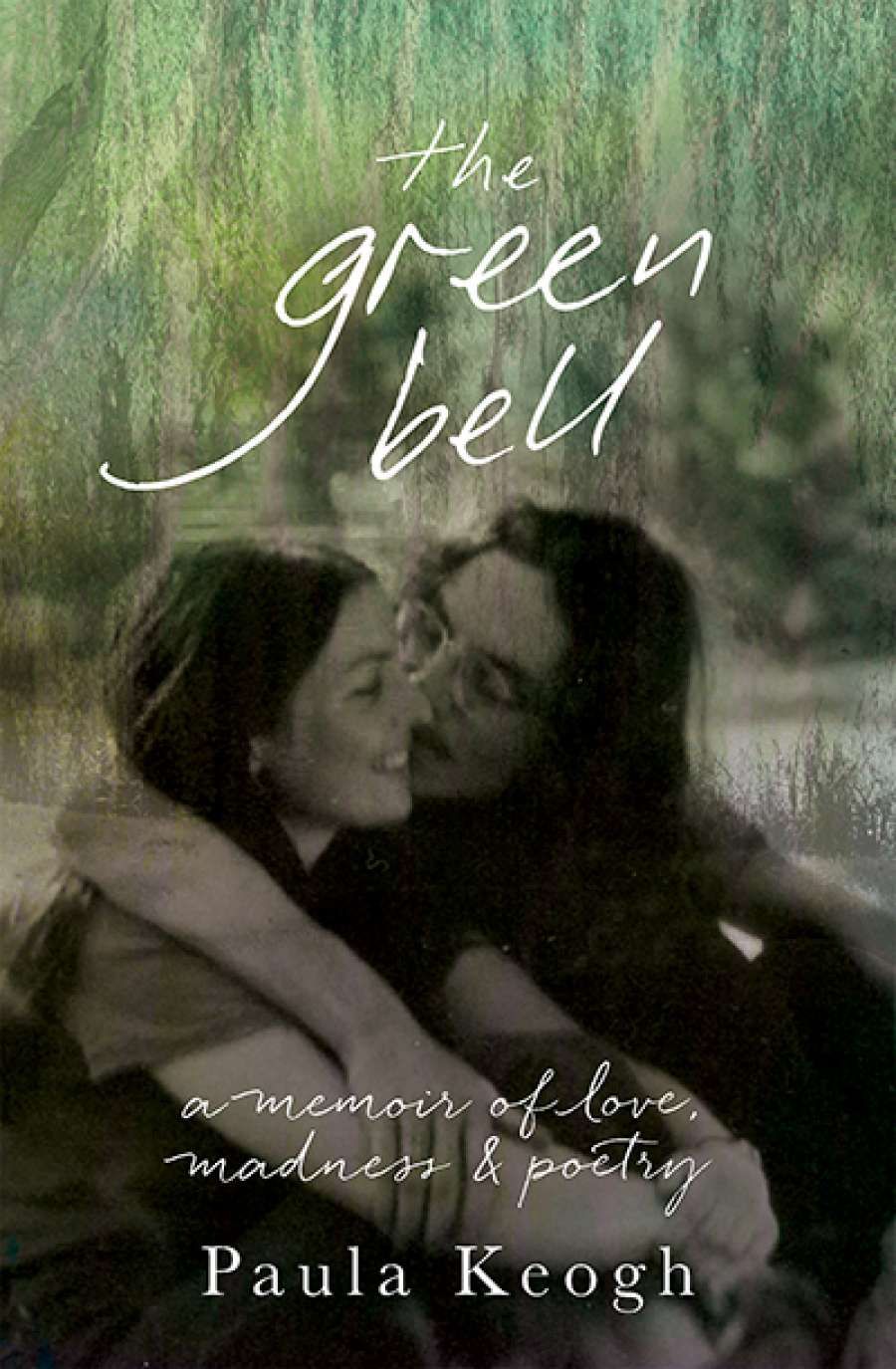
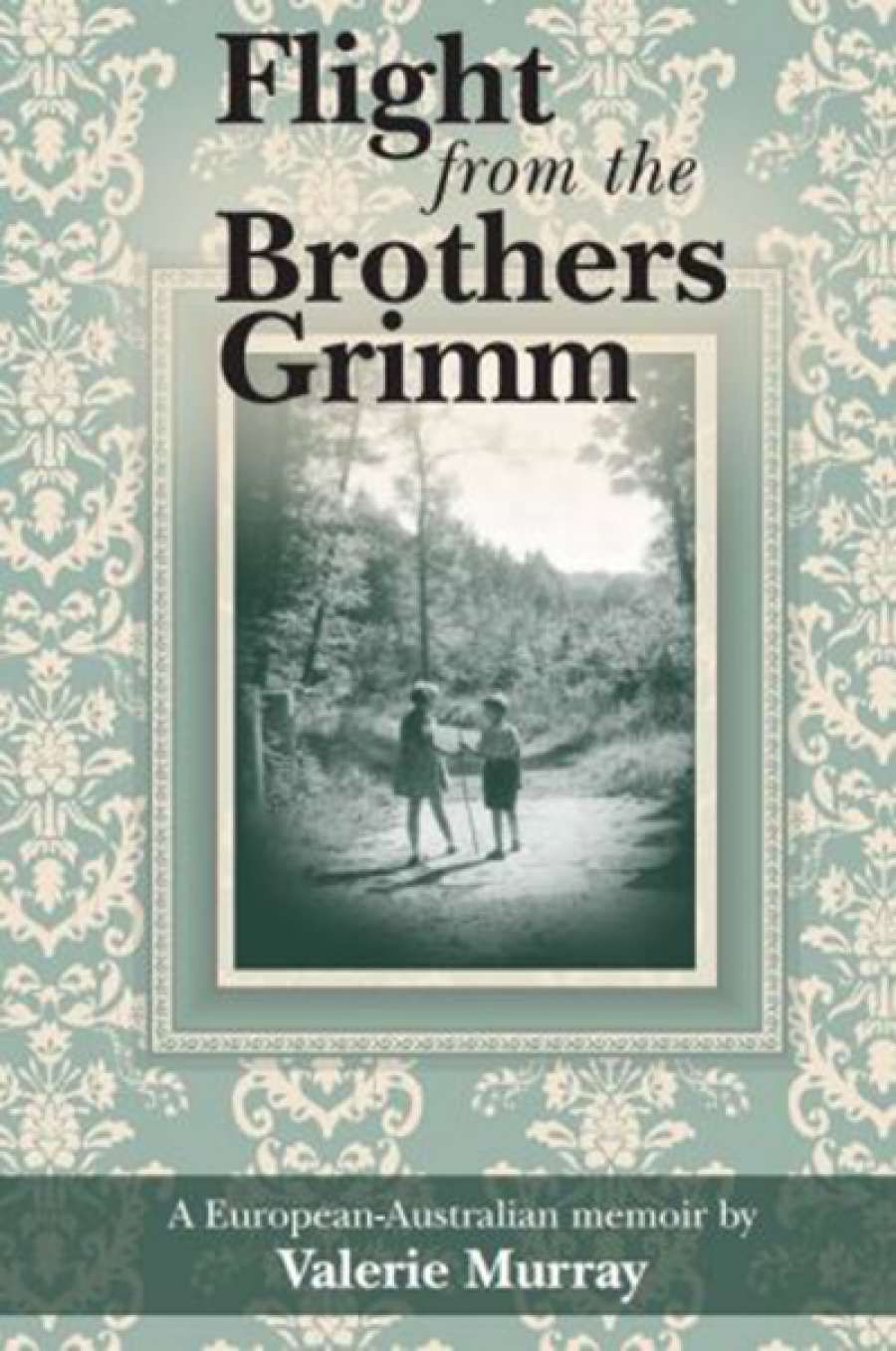
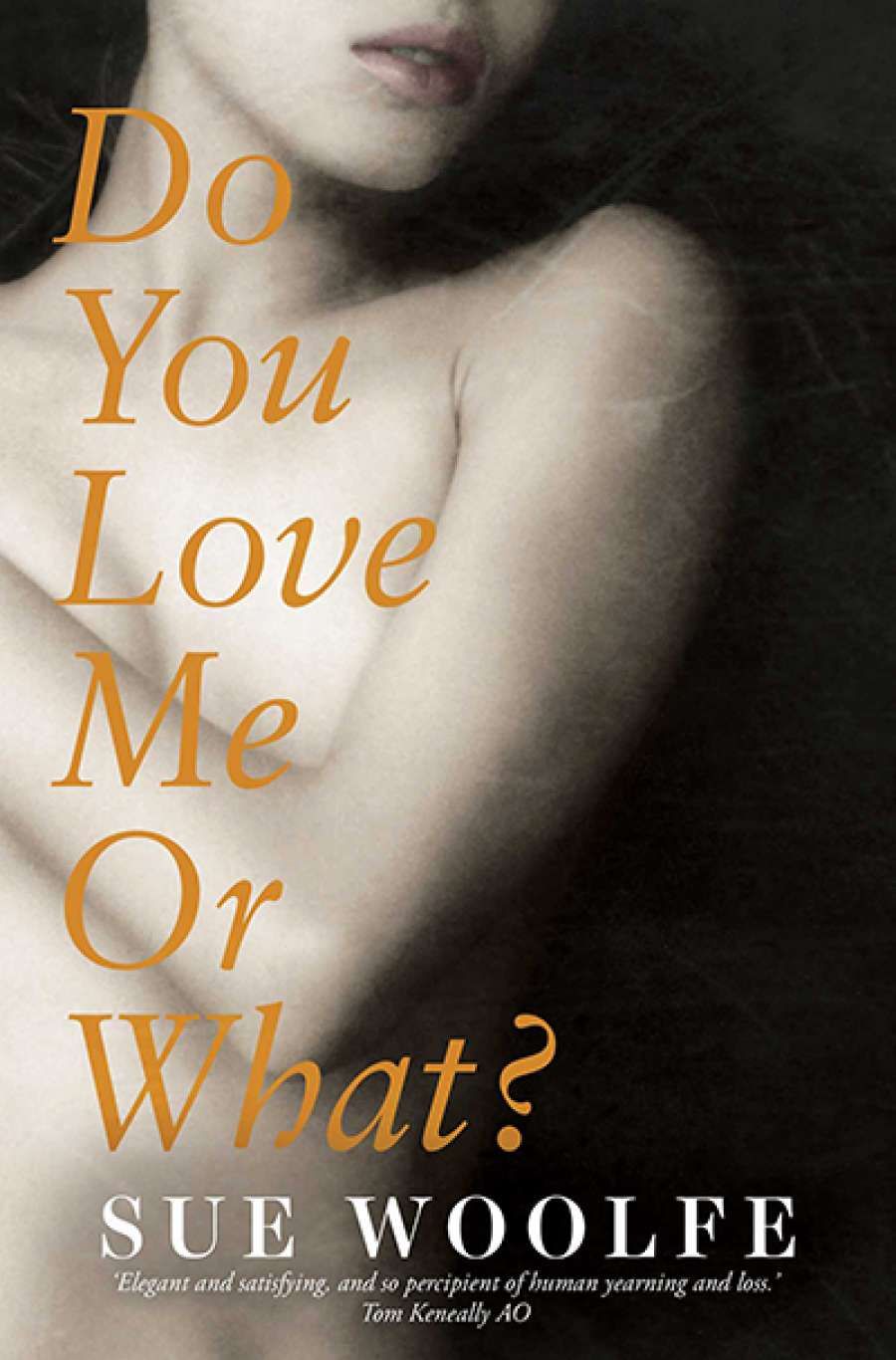
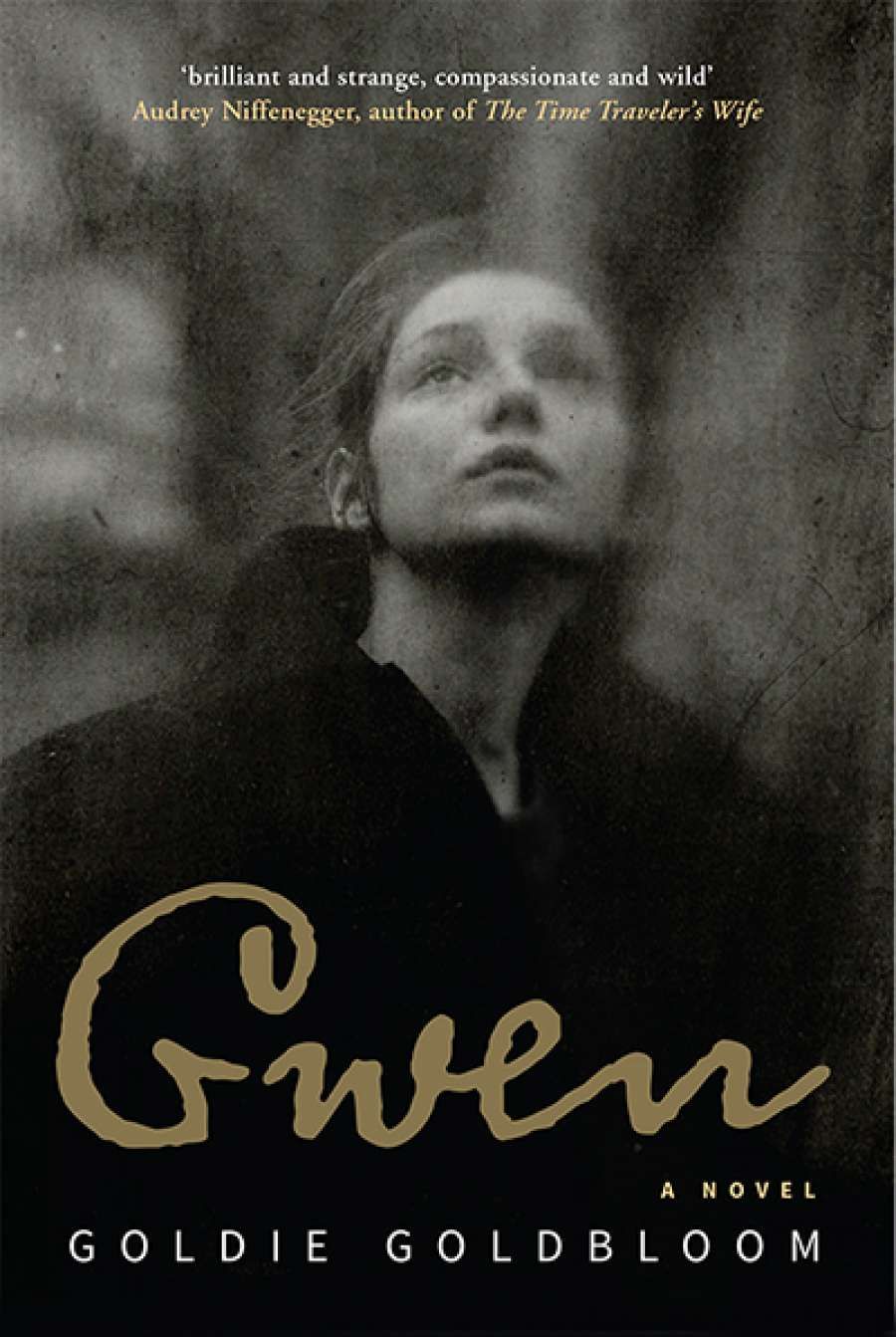
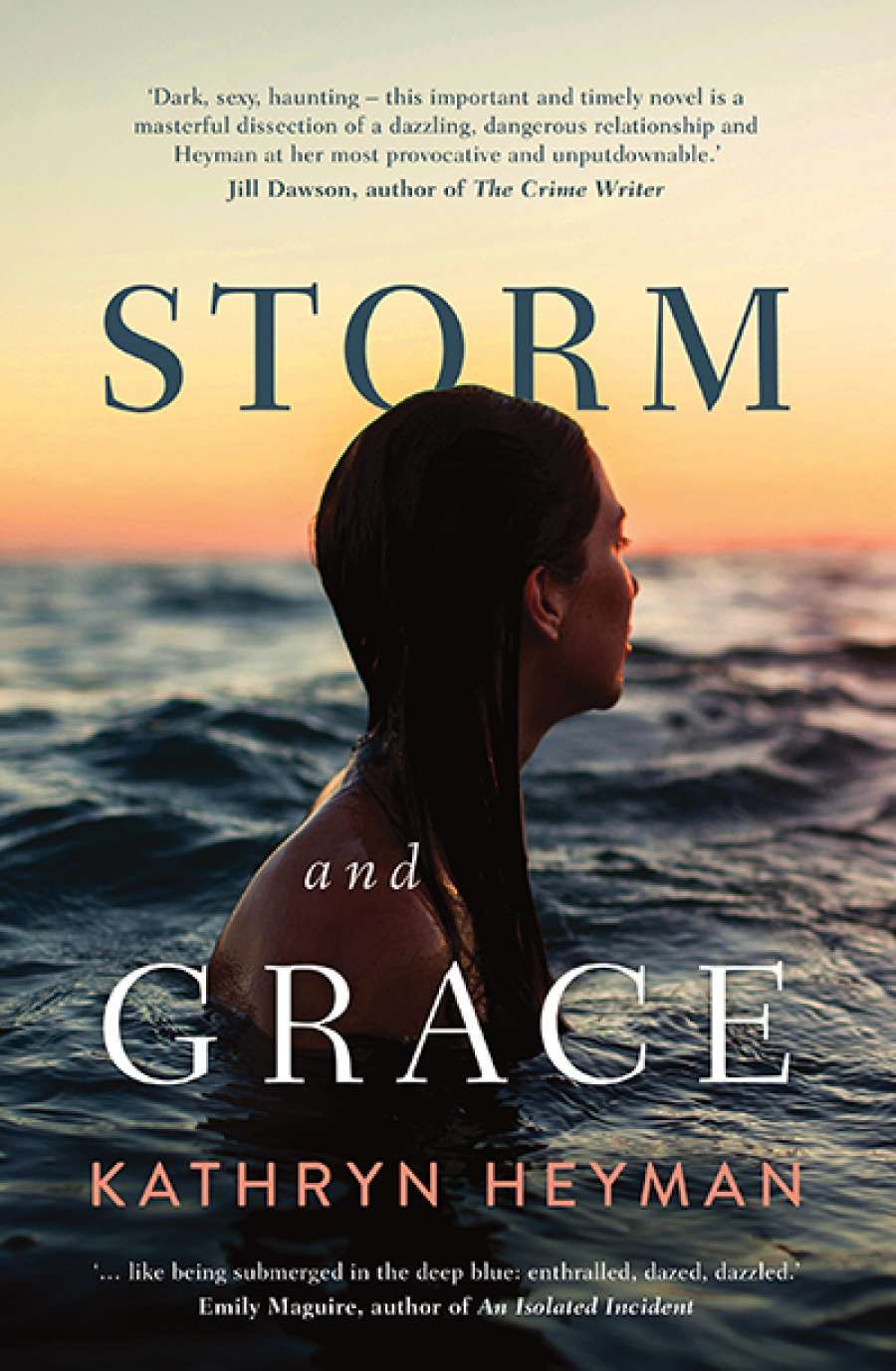
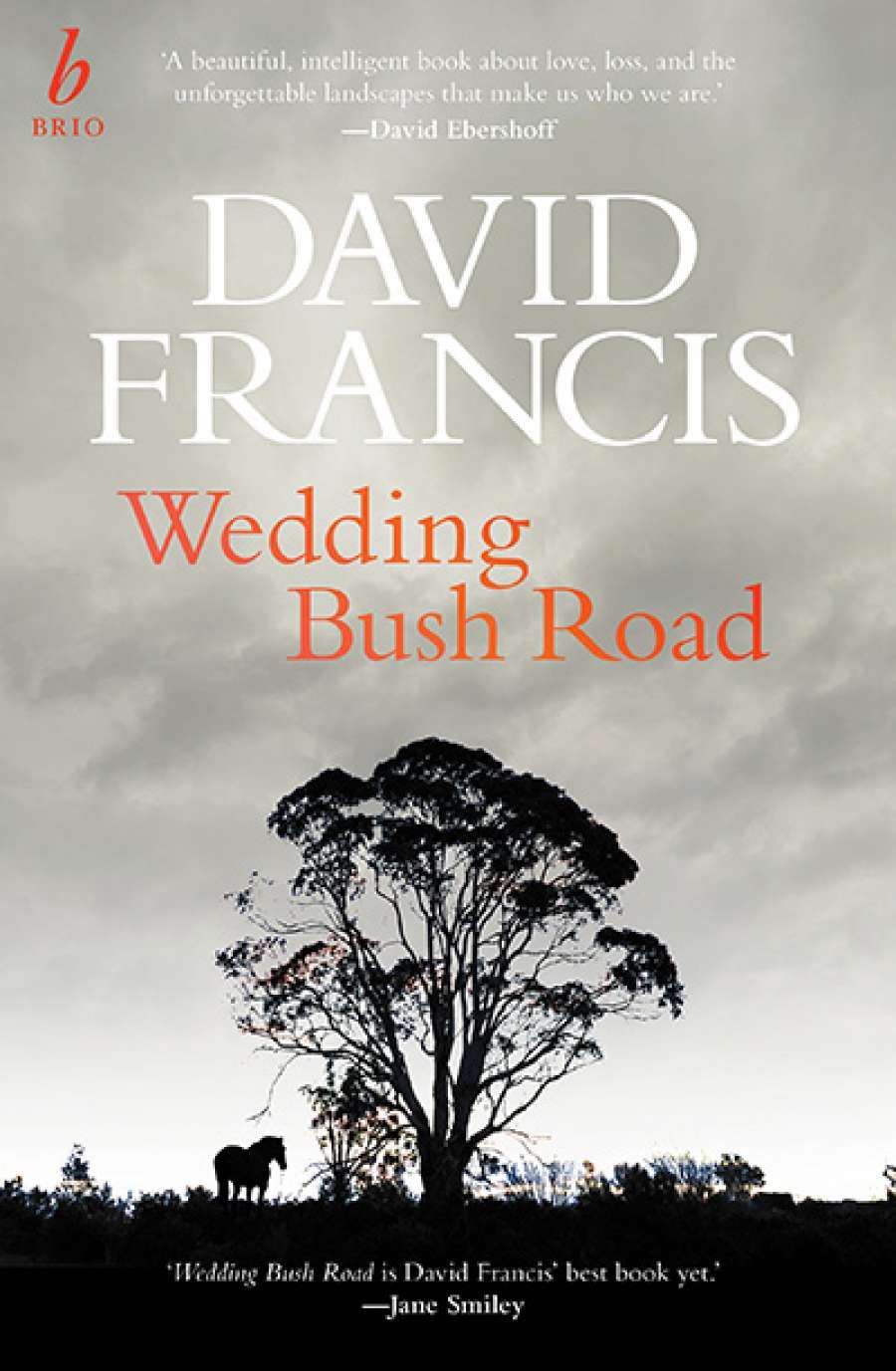
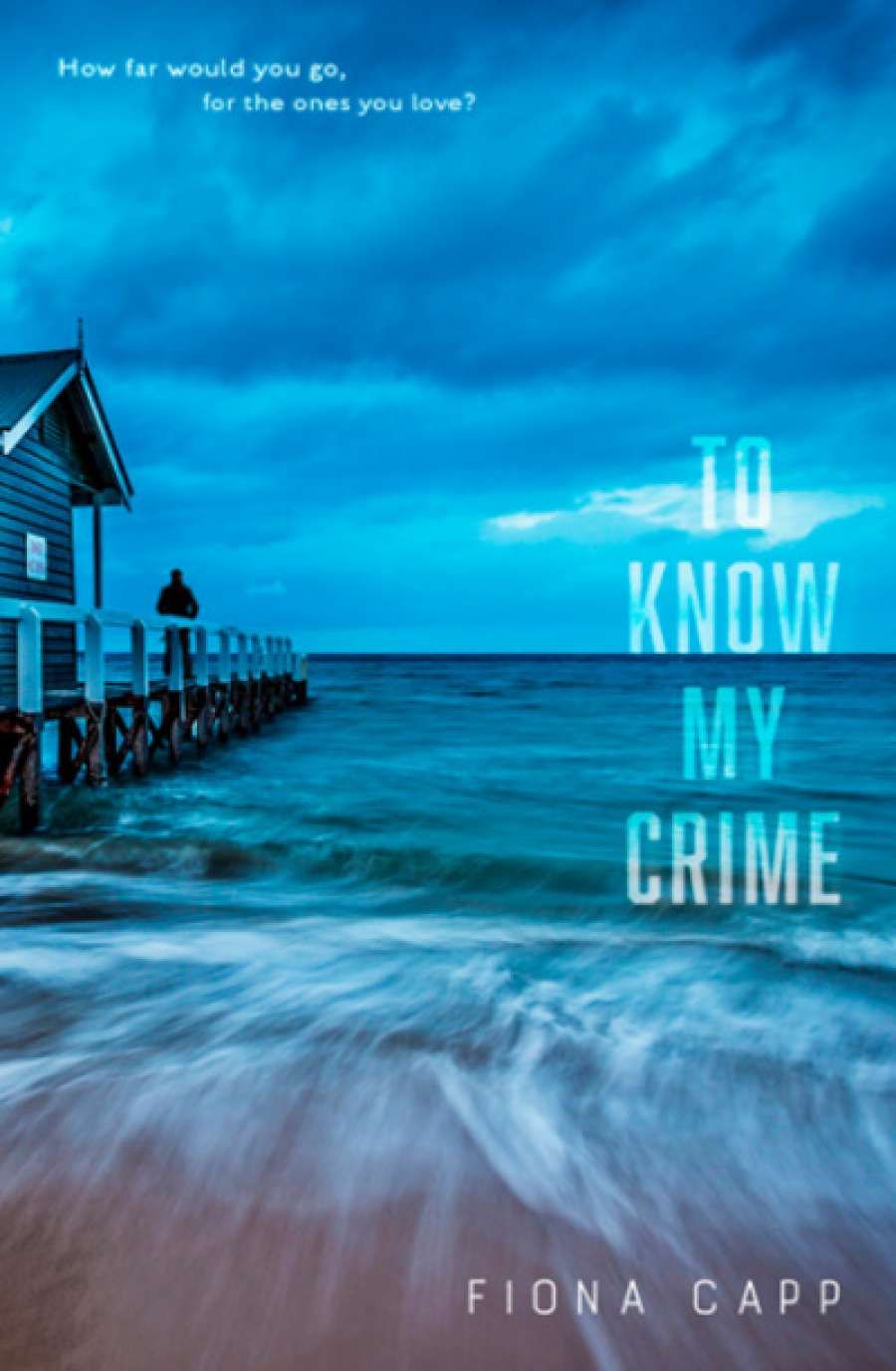
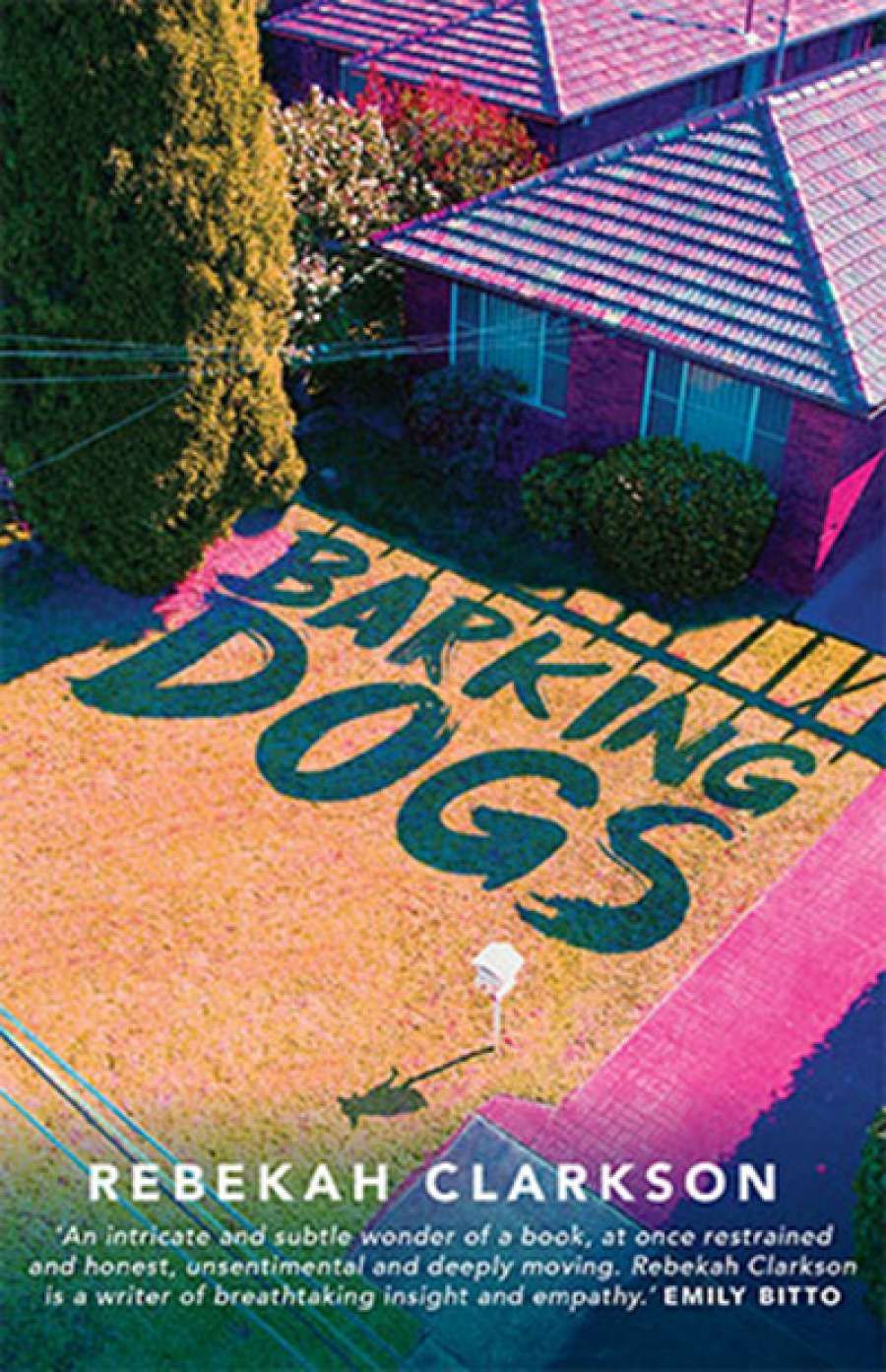
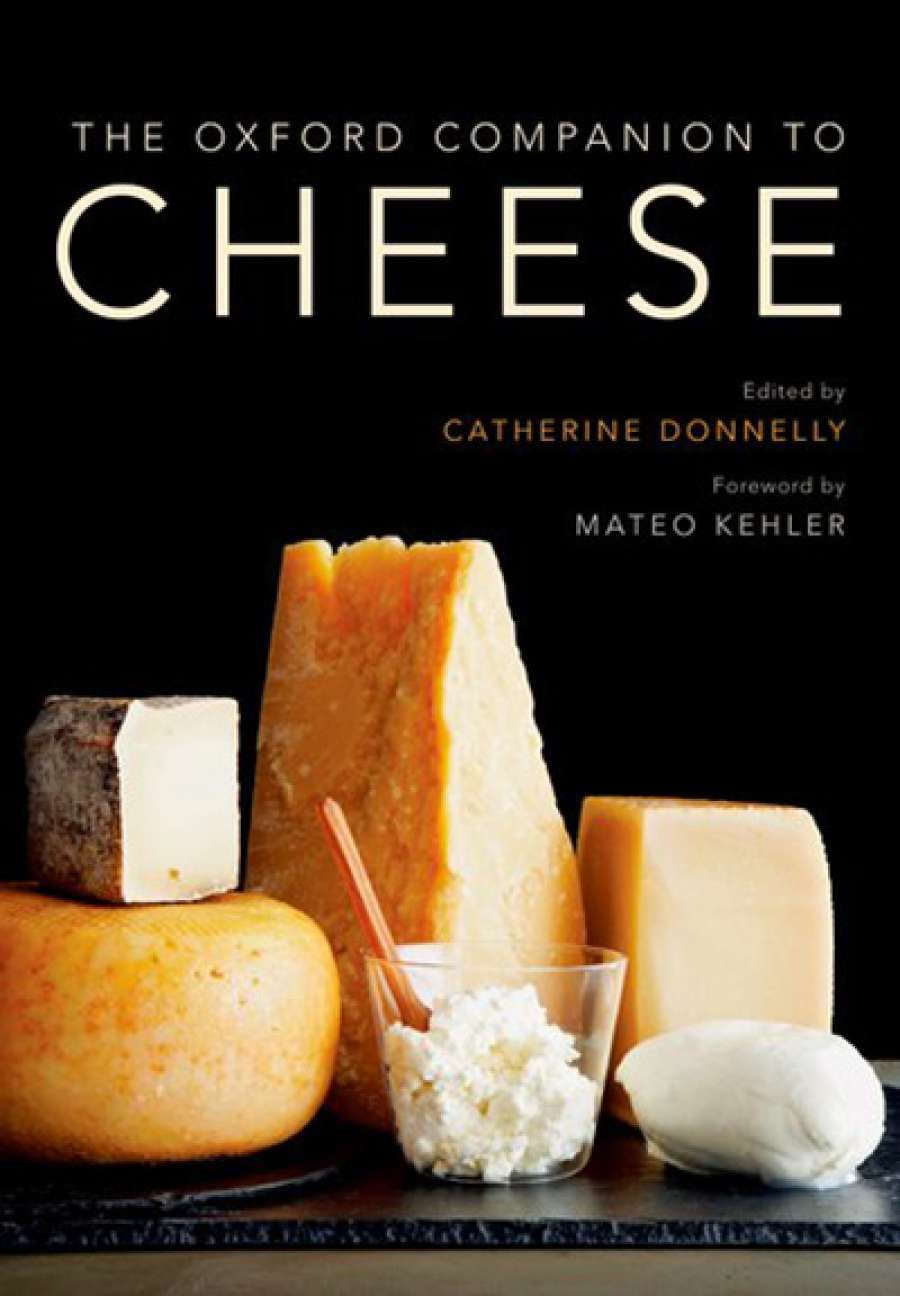
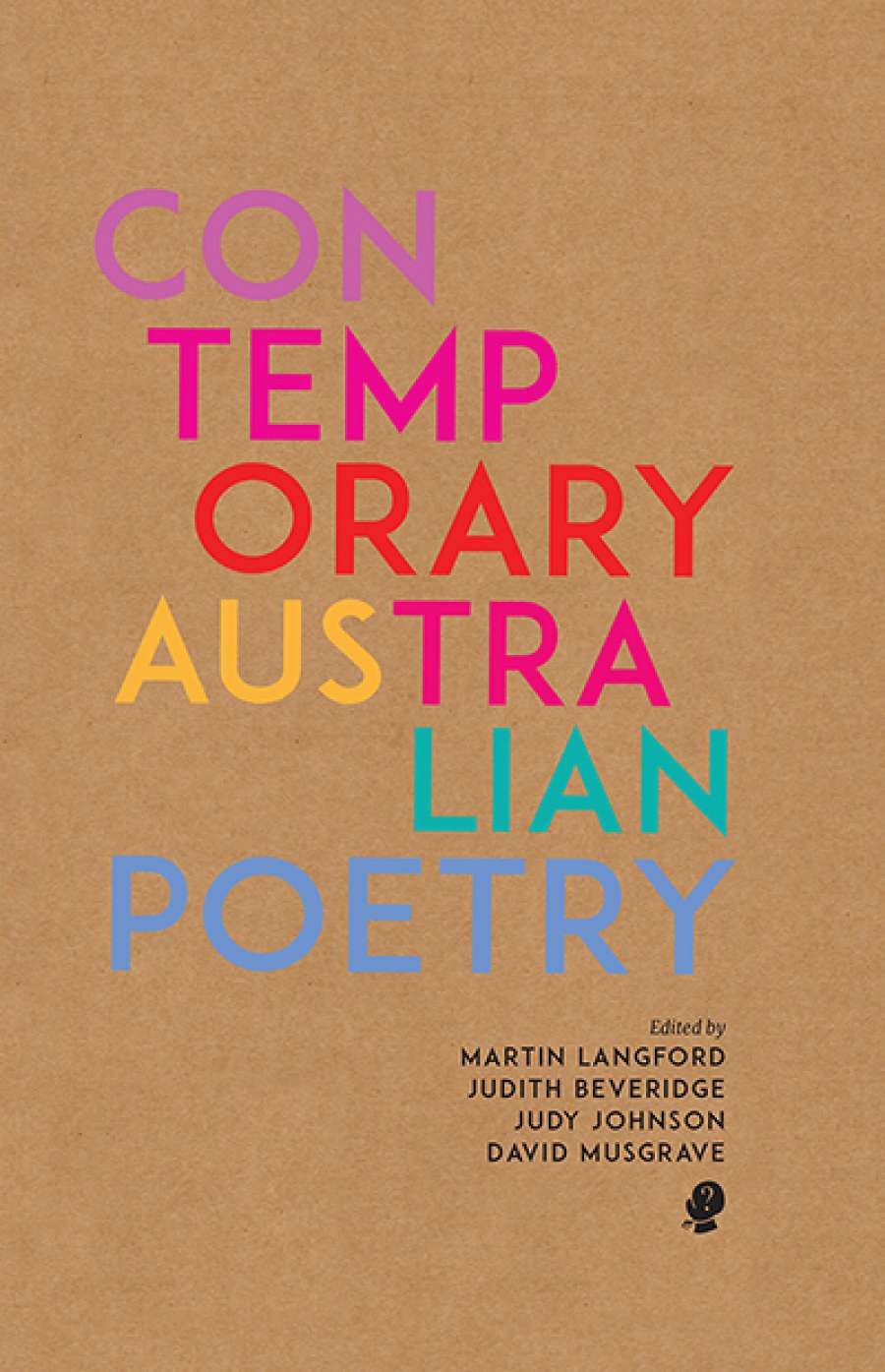
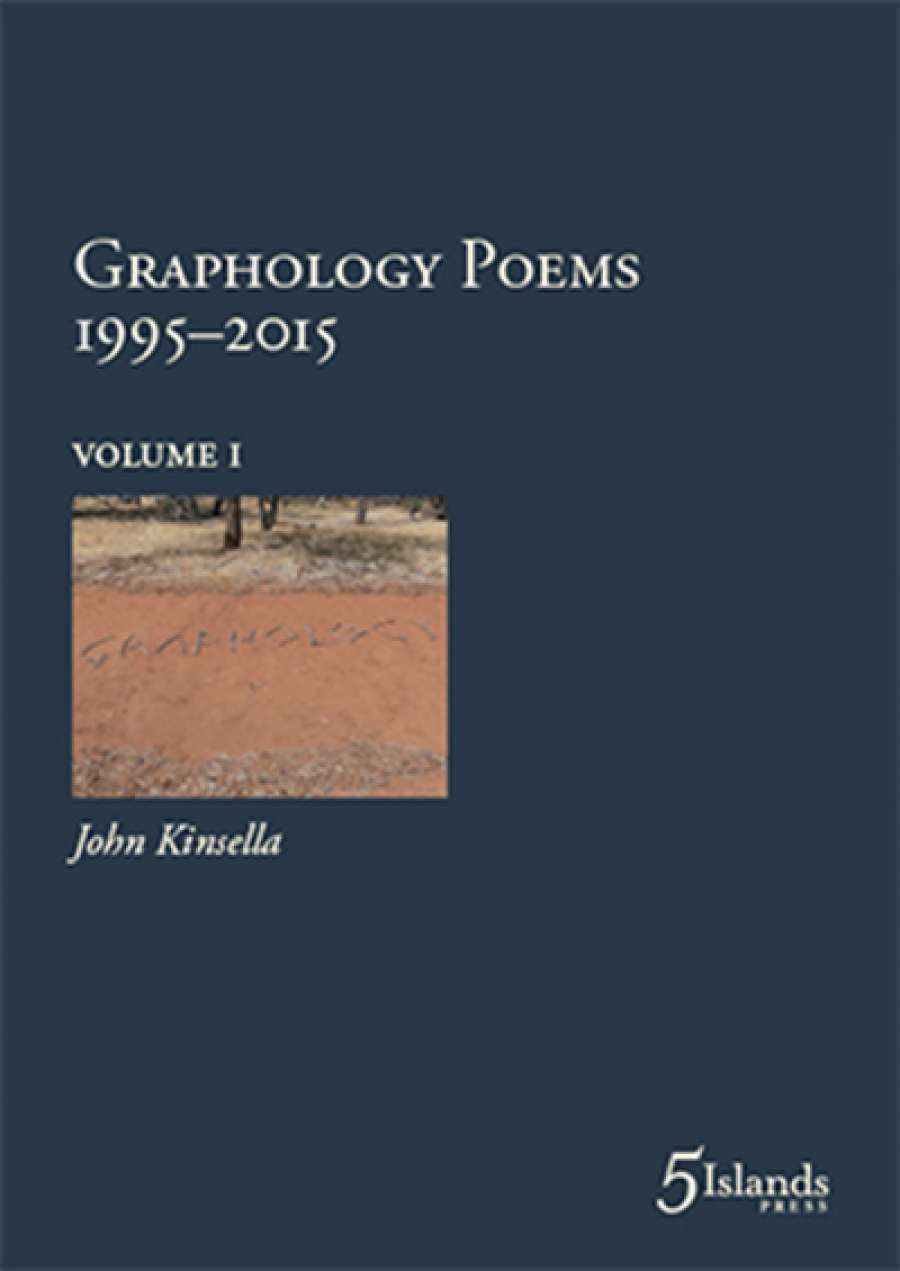
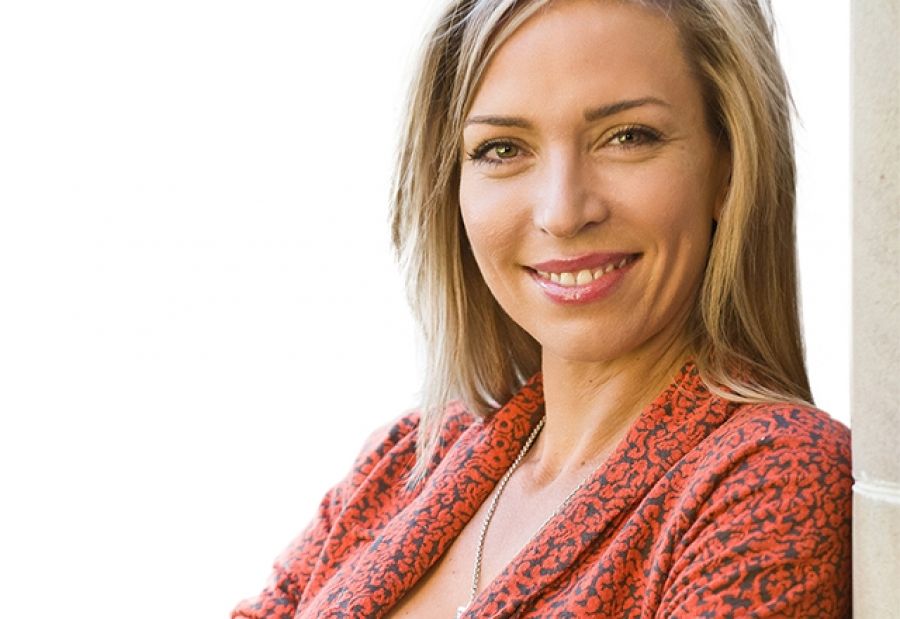

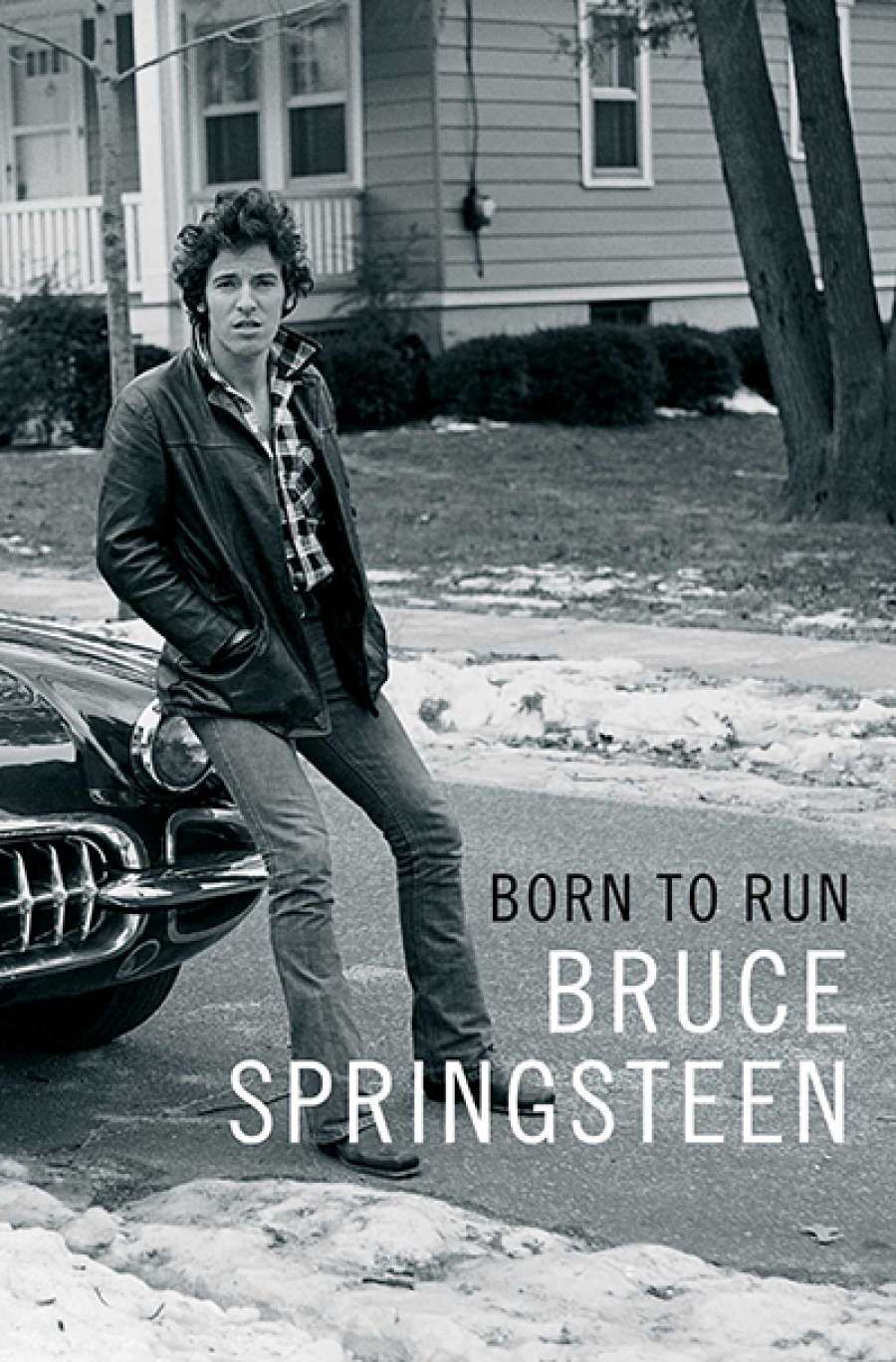
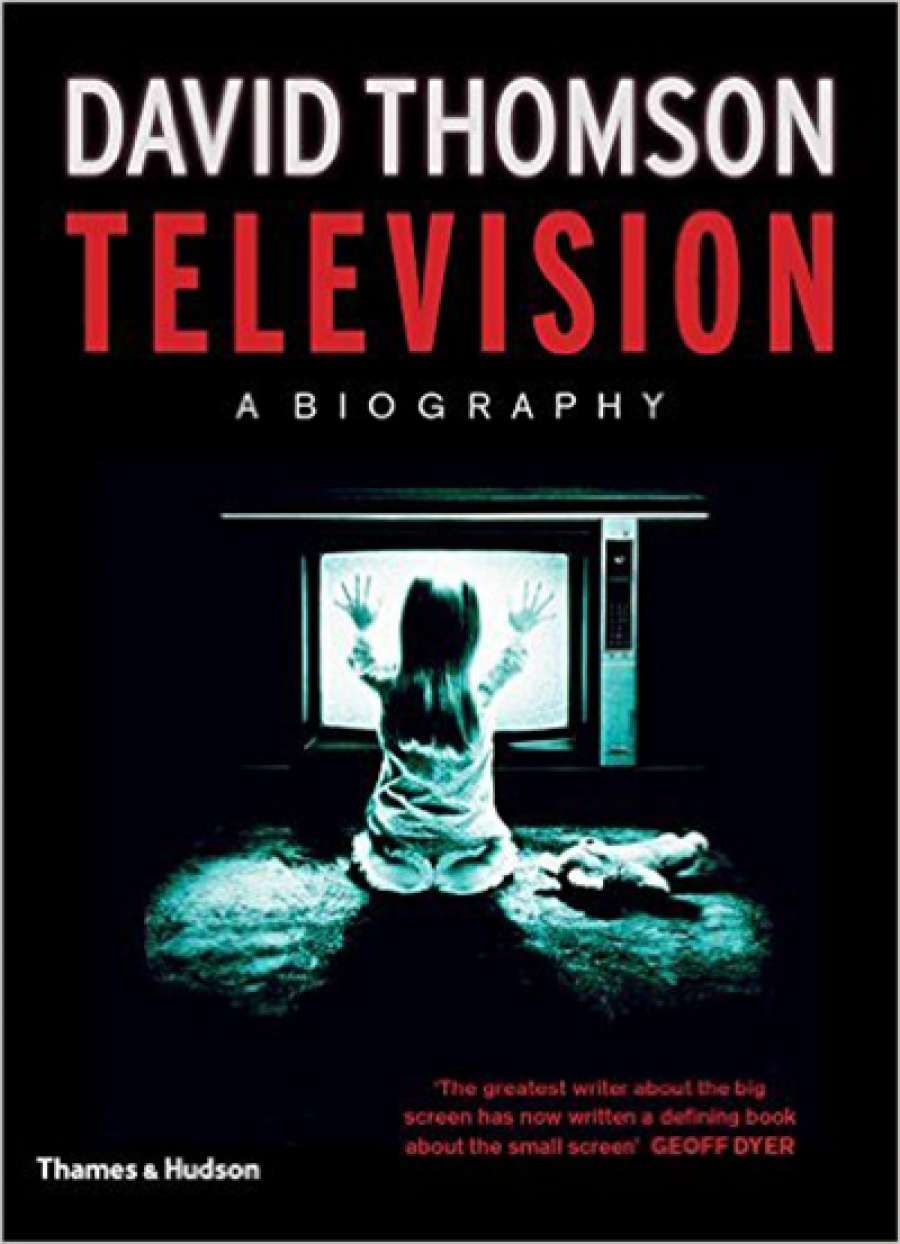
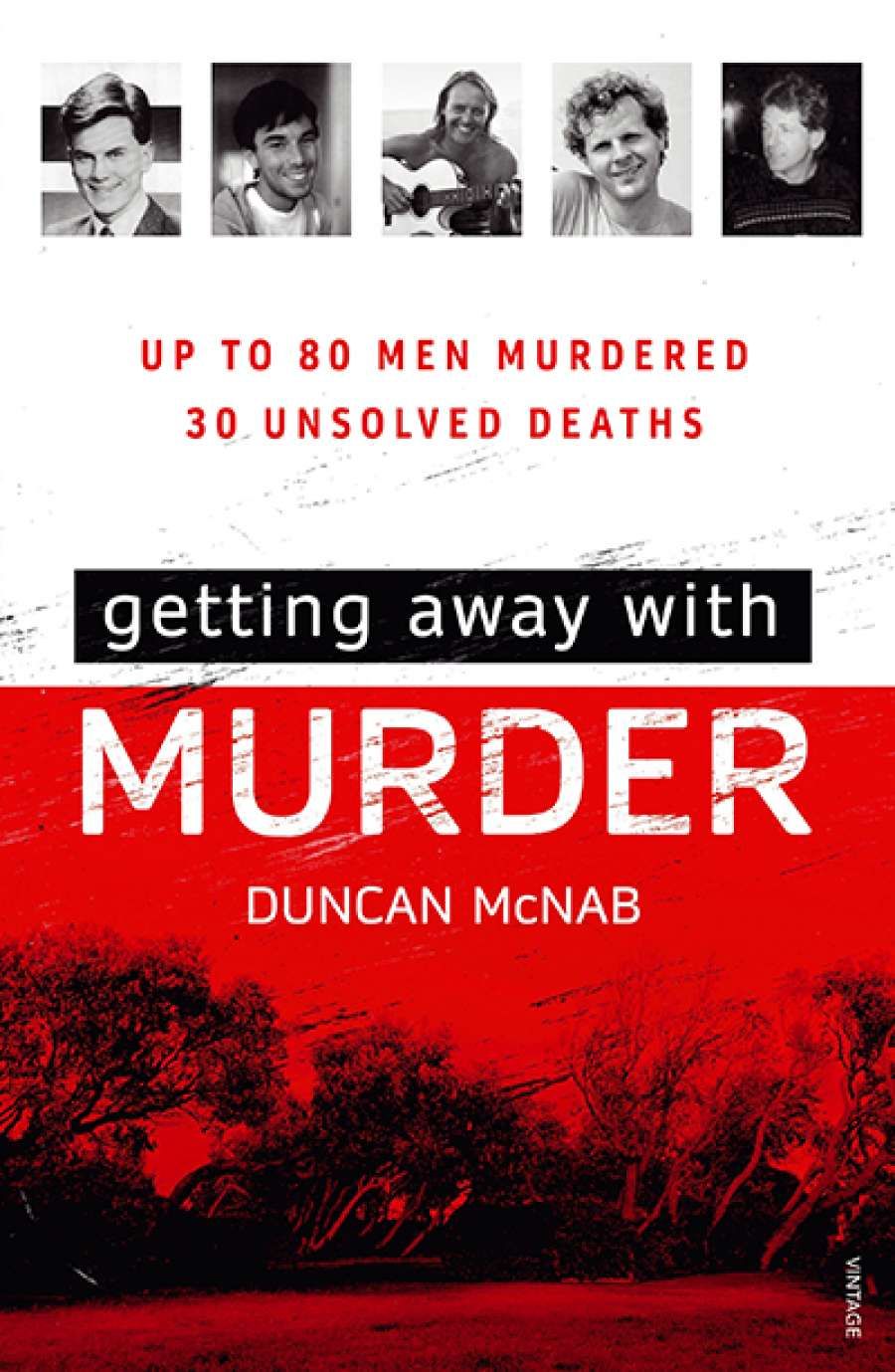
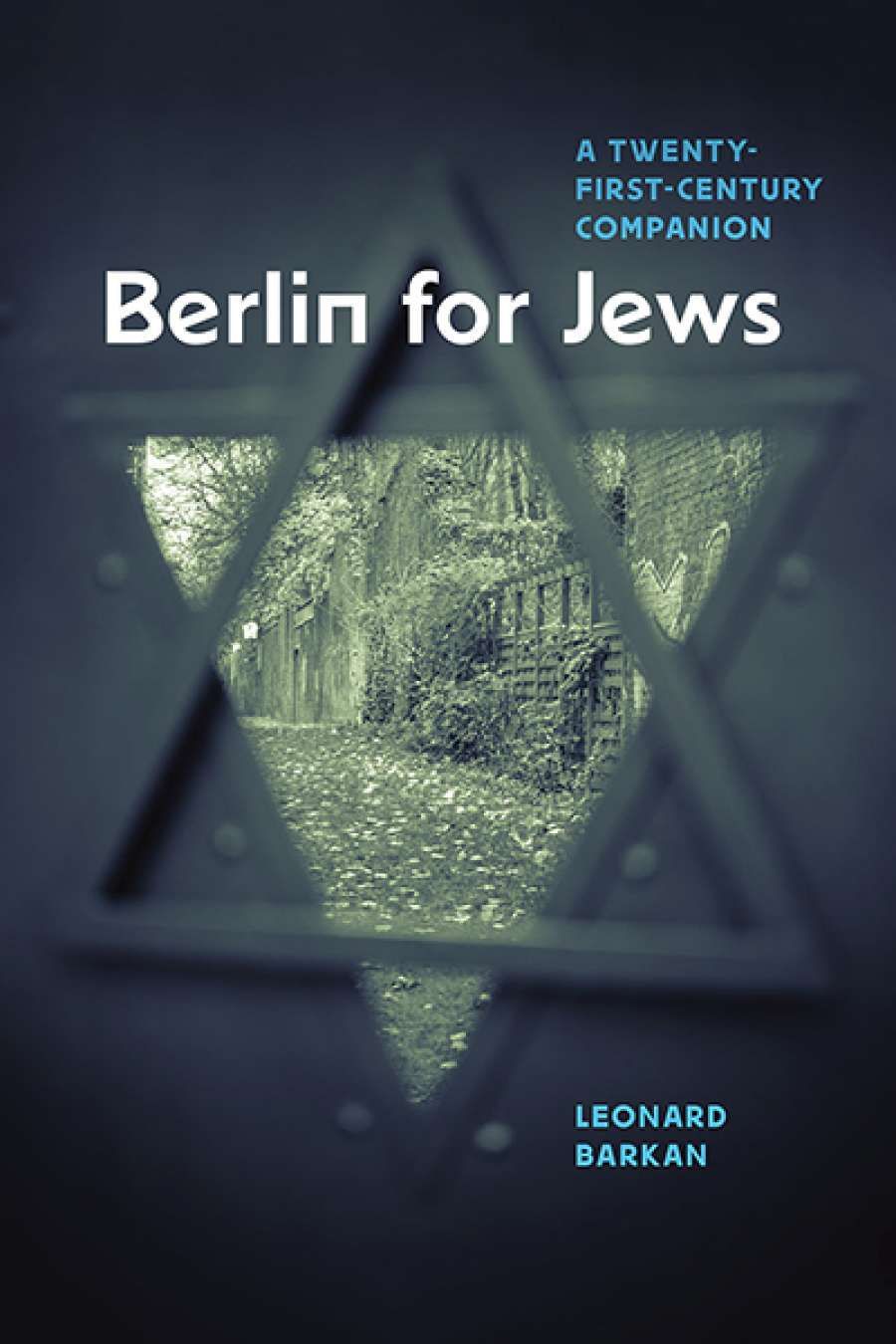
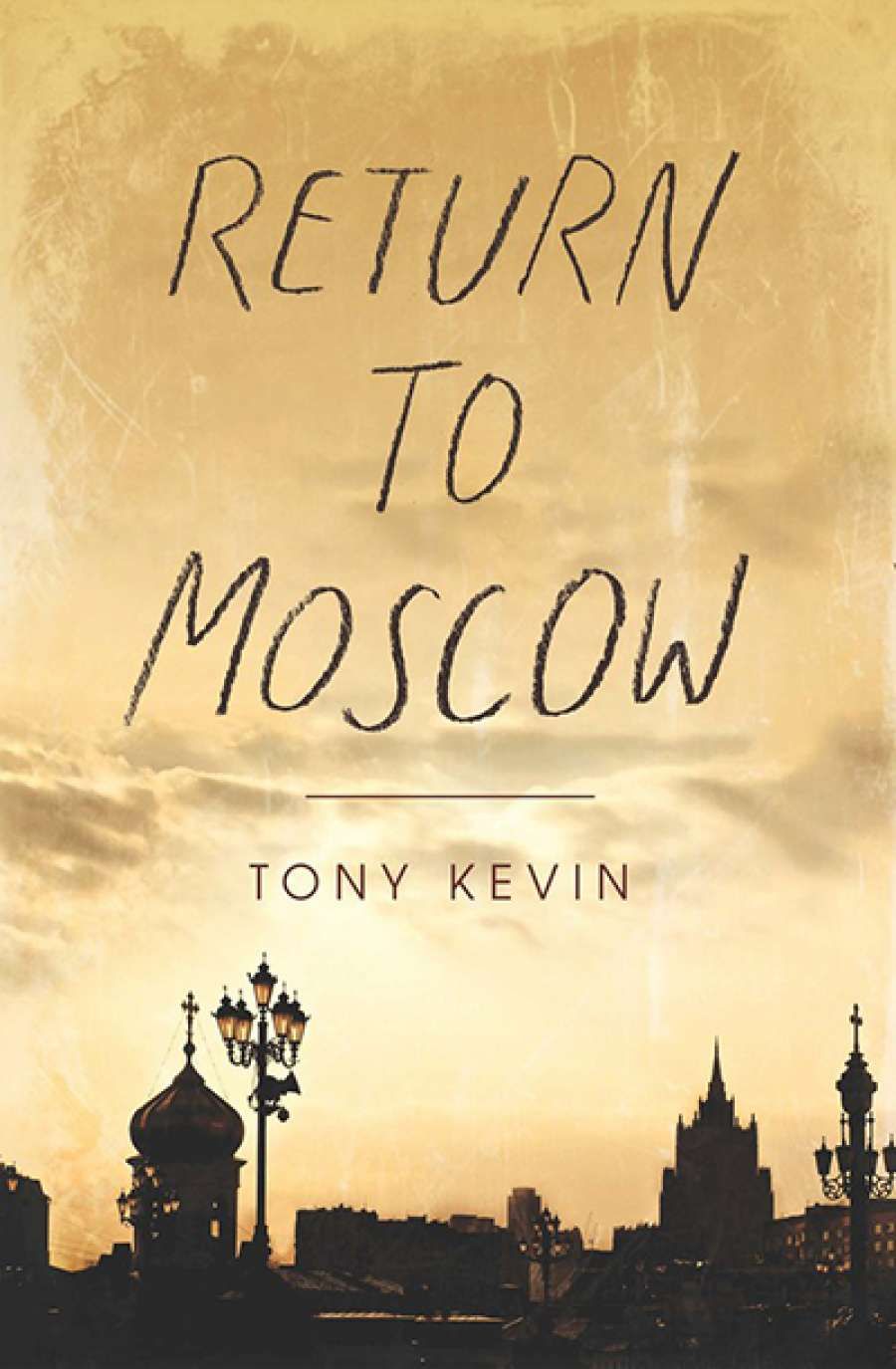
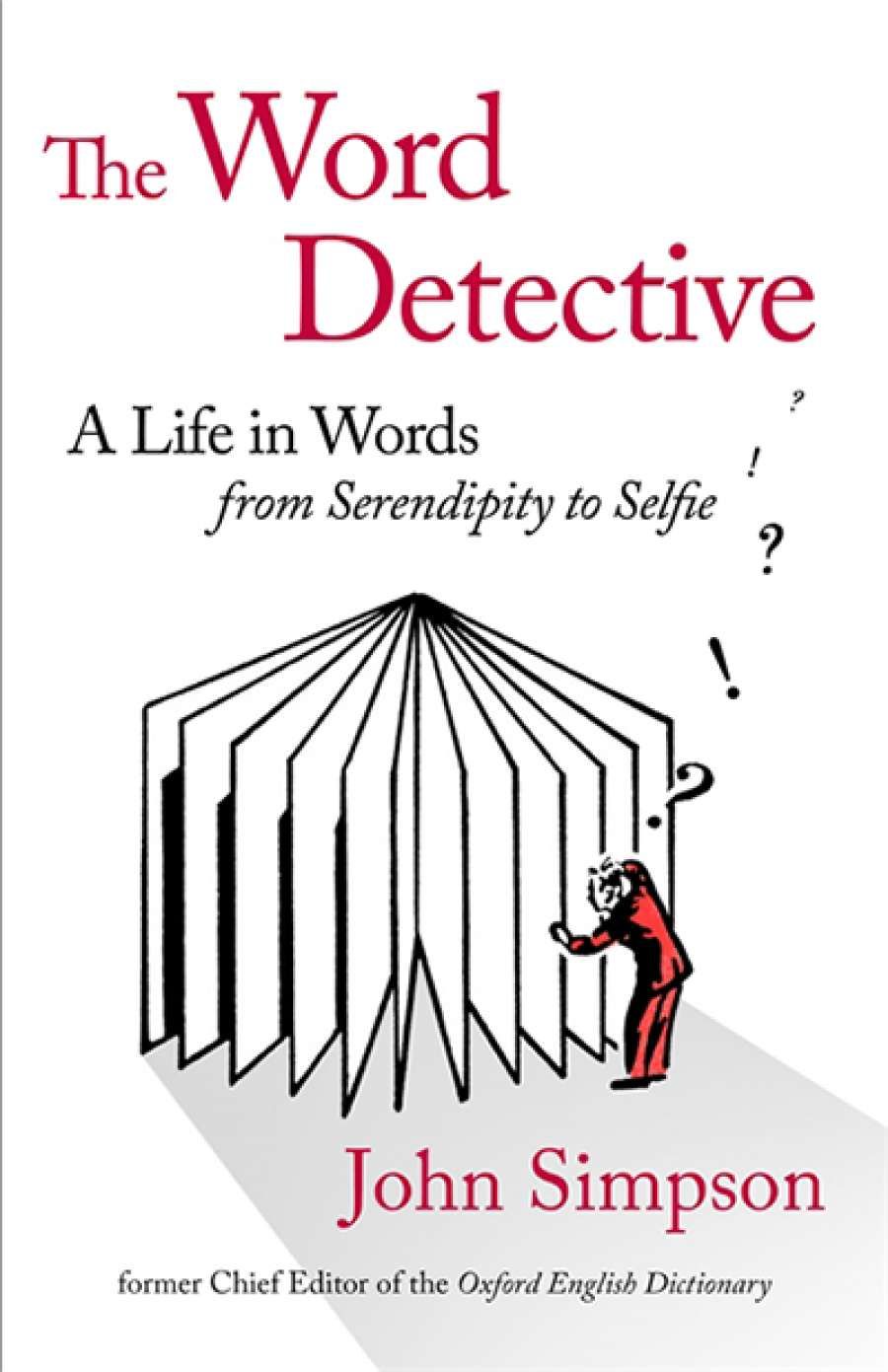
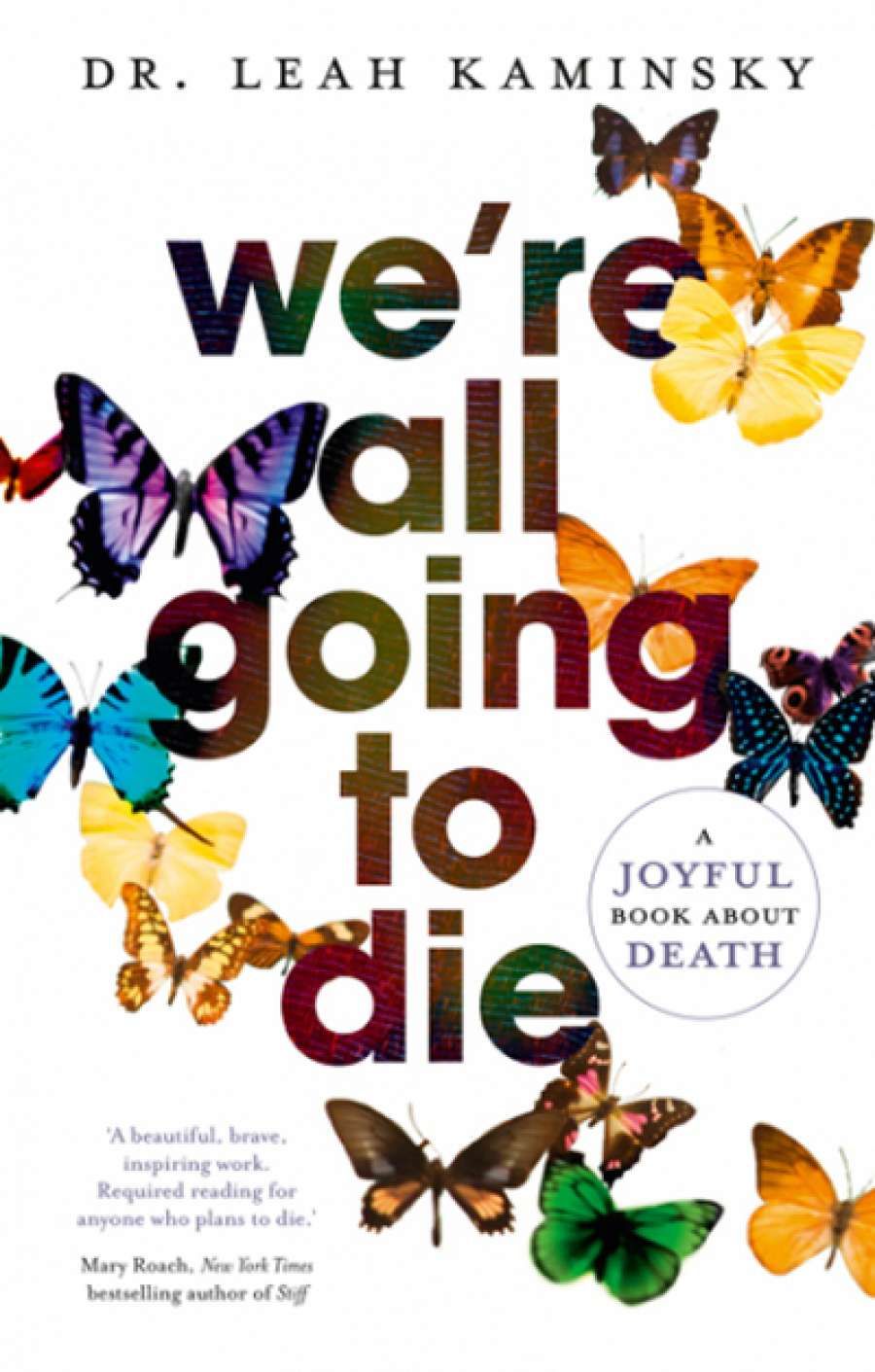
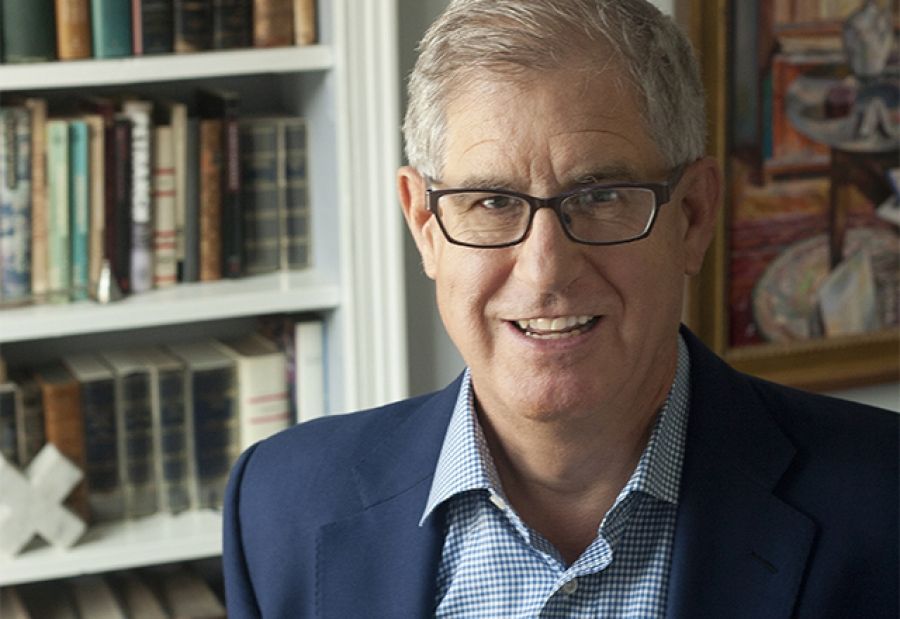
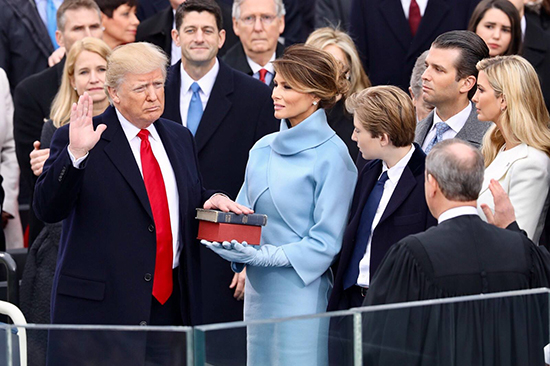
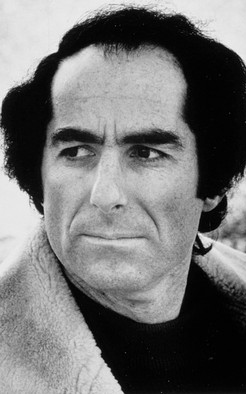
 More
More